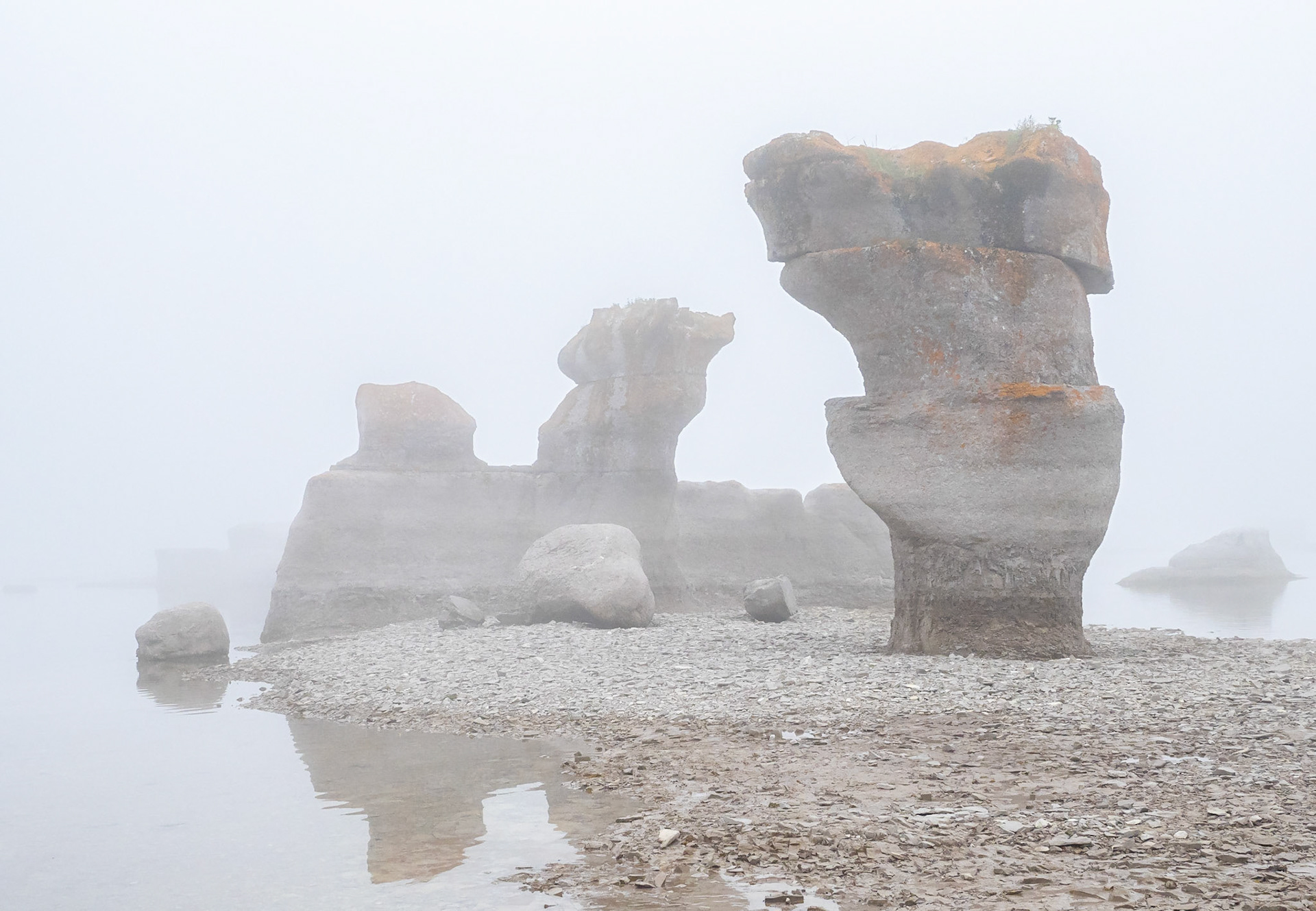
"Only an artist’s limitless imagination could have conjured up the striking landscapes of the Mingan Archipelago National Park Reserve. The combination of climate, sea, and naturally sculpted rocks have been the subject of countless works of art over the years. As far as the eye can see there are peat polygons, gravel beaches, former sea cliffs, and limestone monoliths with the ocean setting the mood. Its rhythm, salty smell and vibrant blue colour are so idyllic it feels like you’ve walked into a living painting where thousands of seabirds - meeting on the island to nest - swirl across the sky in unison. Atlantic puffins, terns, and Common eiders are just a few winged friends who regularly visit the islands.
"Frolicking whales and seals enliven the vast, blue horizon, while over 1,000 islands and islets enchant visitors with their unique flora and seabird colonies."
(Above is quote from Park Canada's website)
Mingan Archipelago National Park Reserve is some 850kms east of Quebec City, within 165kms of the end of the road on the Côte Nord.
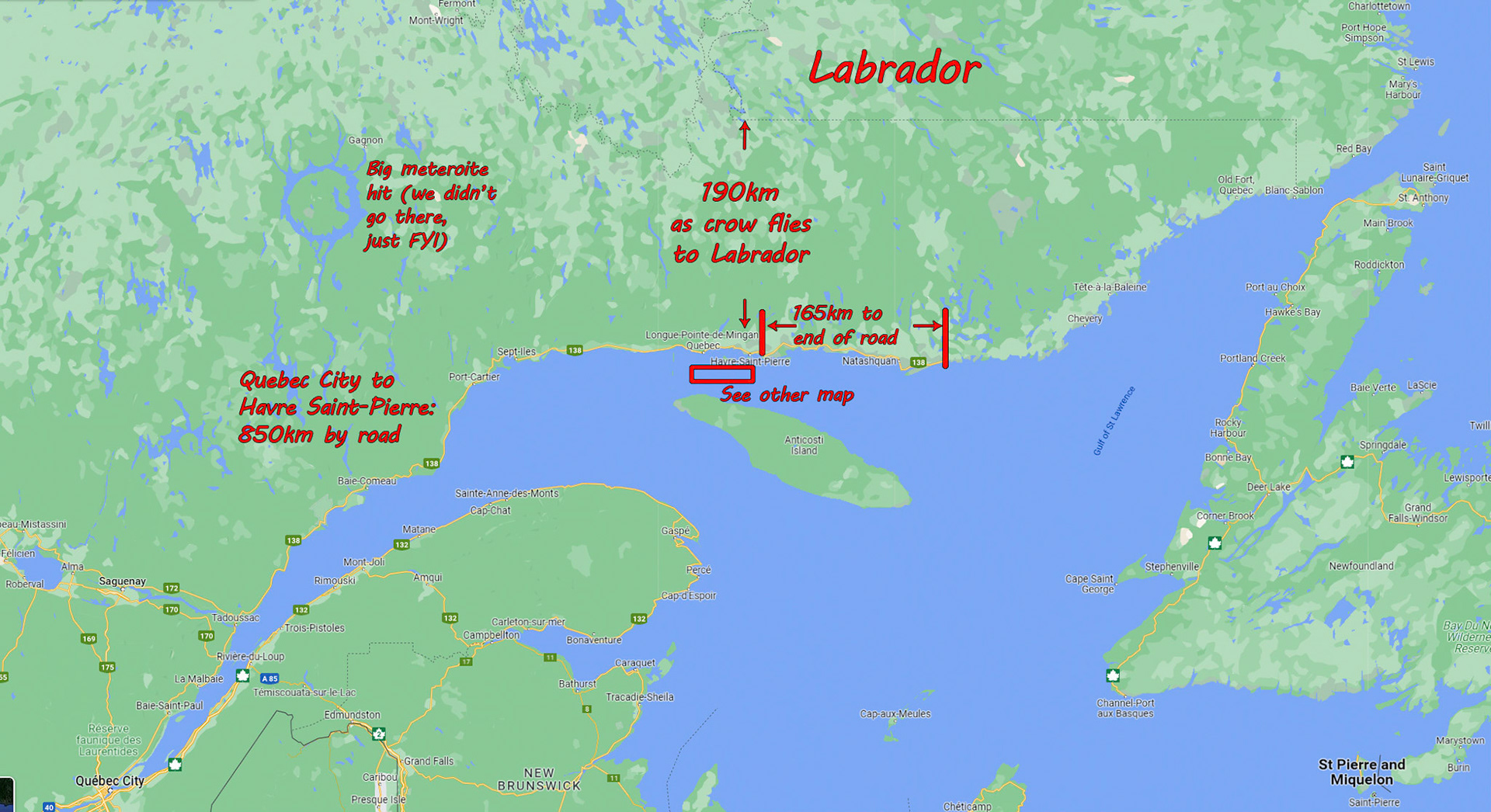
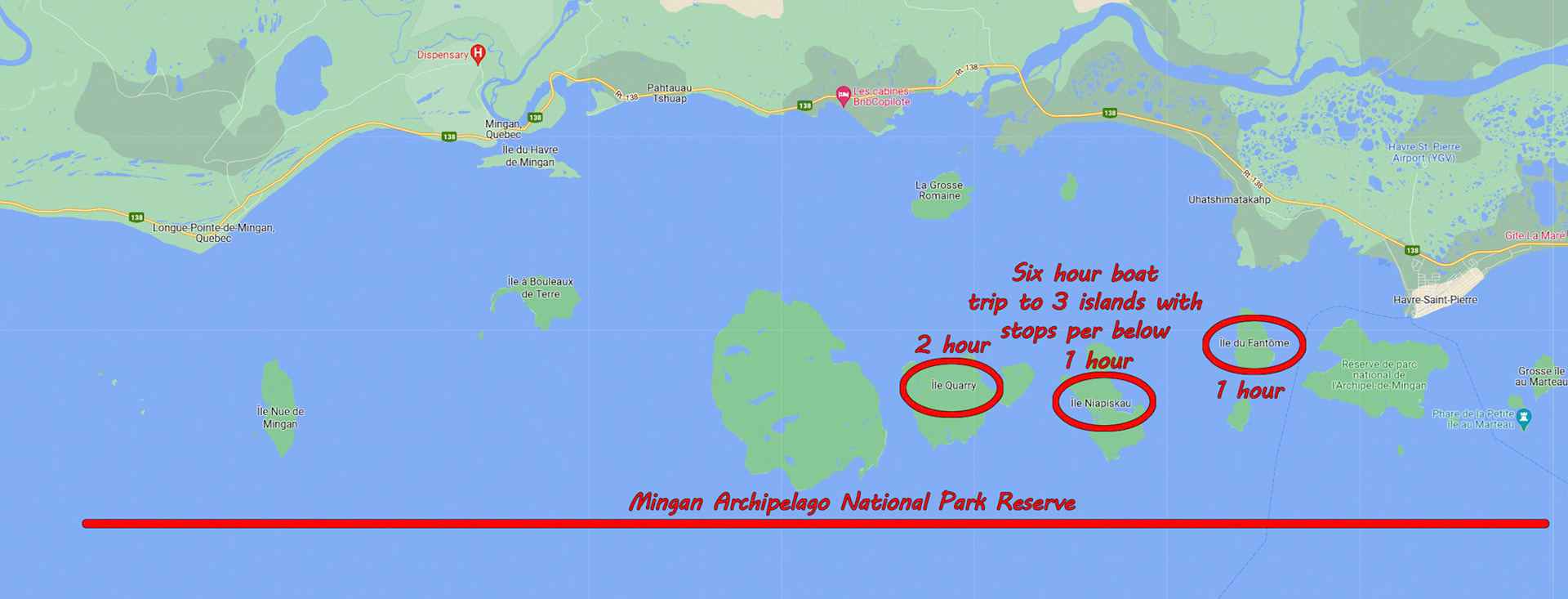
From Havre Saint-Pierre, at the eastern end of the Reserve, we enjoyed a 6 hour boat trip to three of the larger islands: Ile du Fantôme, Ile Niapiskau and Ile Quarry. It was a very foggy day when we visited, which presented a very different view from what we had seen in the various pictures on websites etc. but the fog added a welcome atmosphere to our pictures.
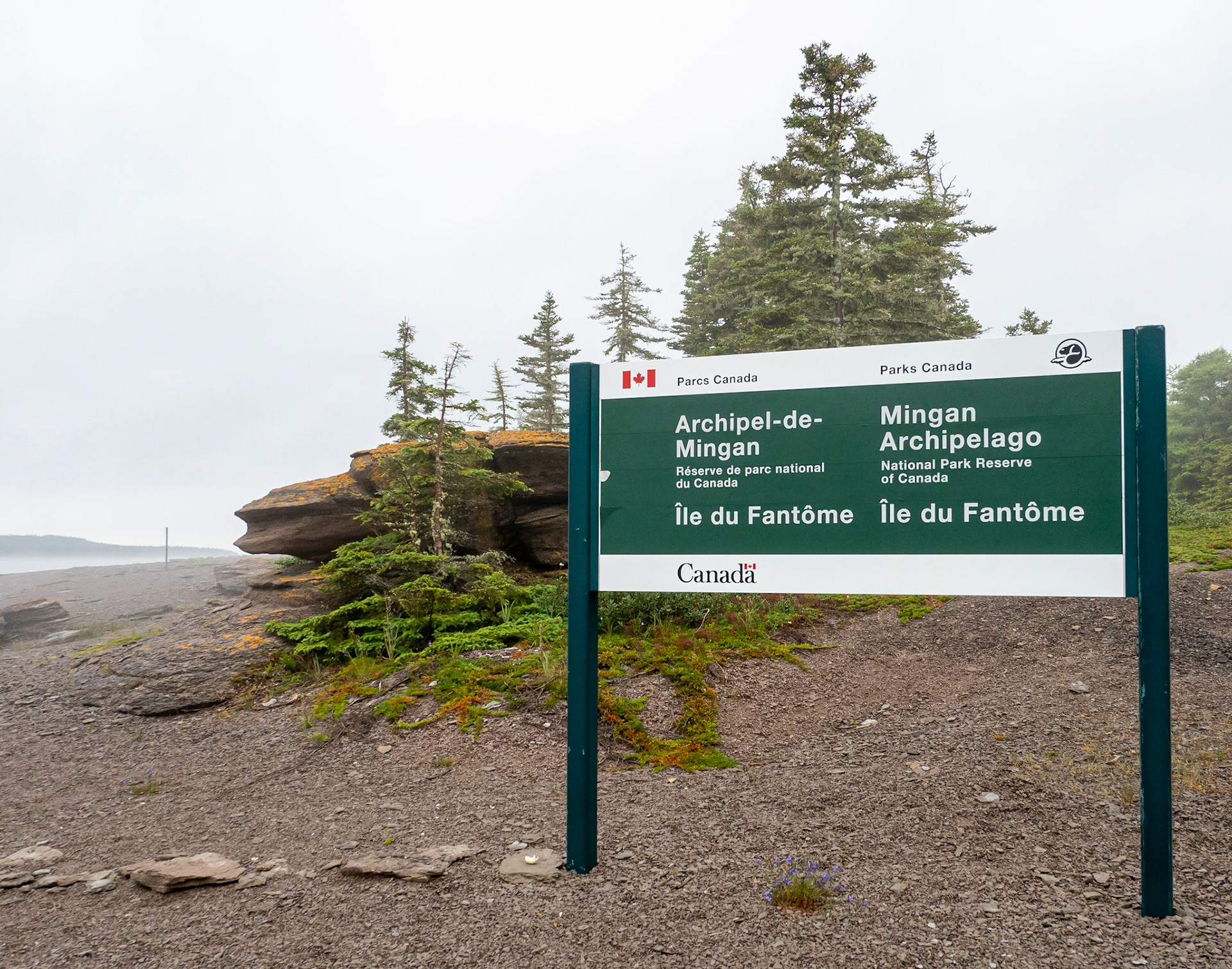
As the boat approached Ile du Fantôme, the "Fantômes" rose out of the fog.
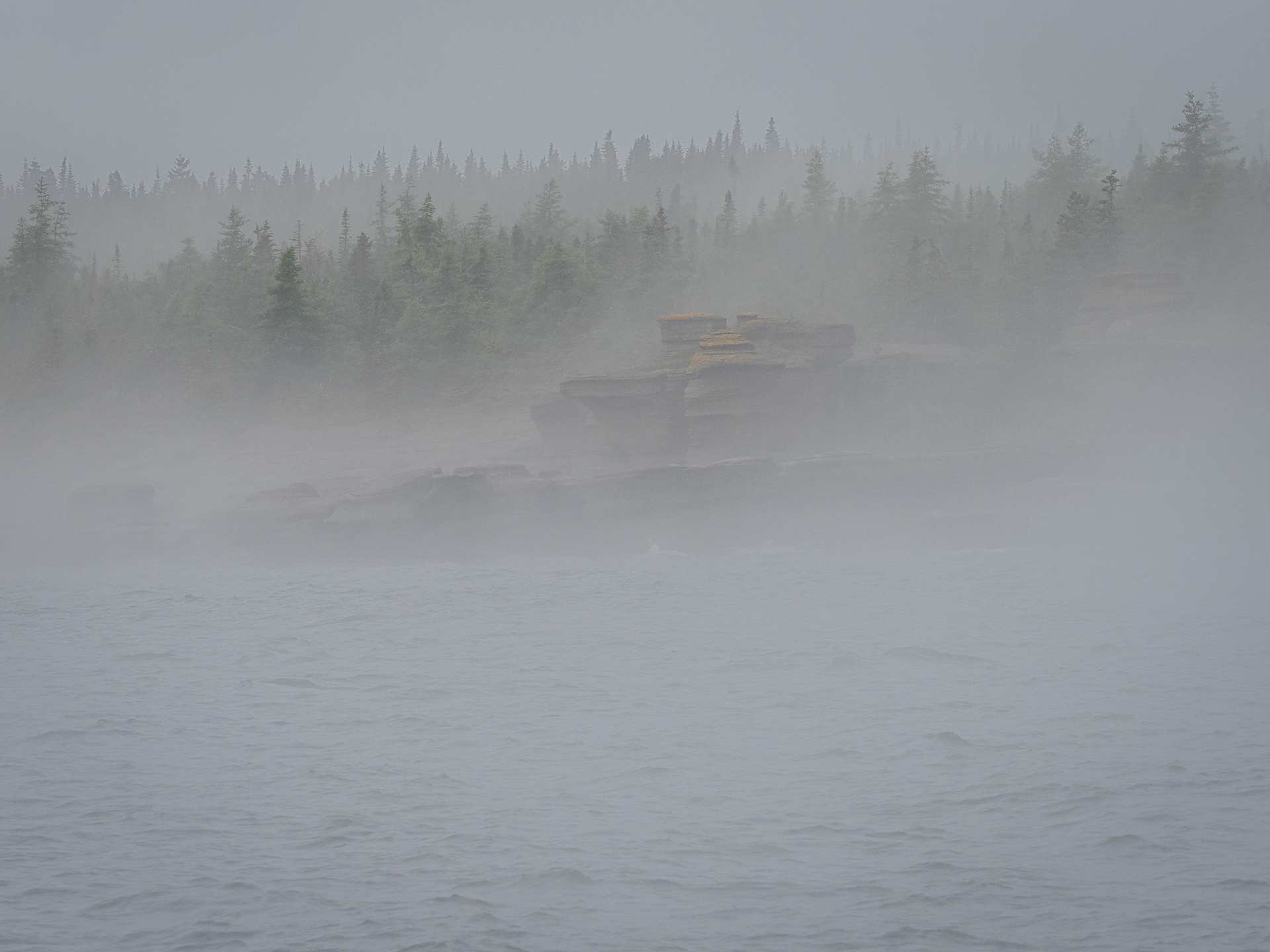
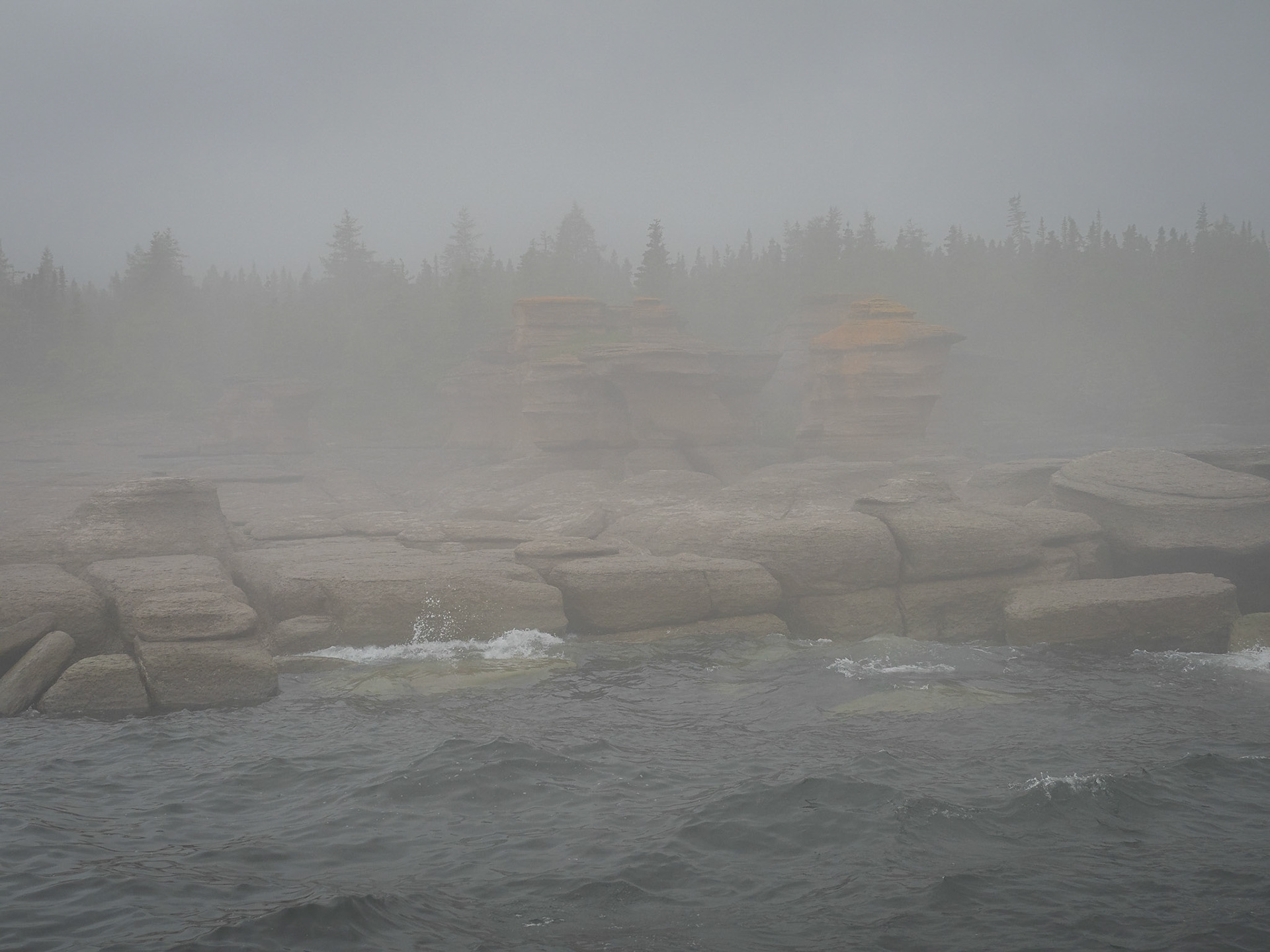
Once ashore, the fog lifted a little to reveal the island.

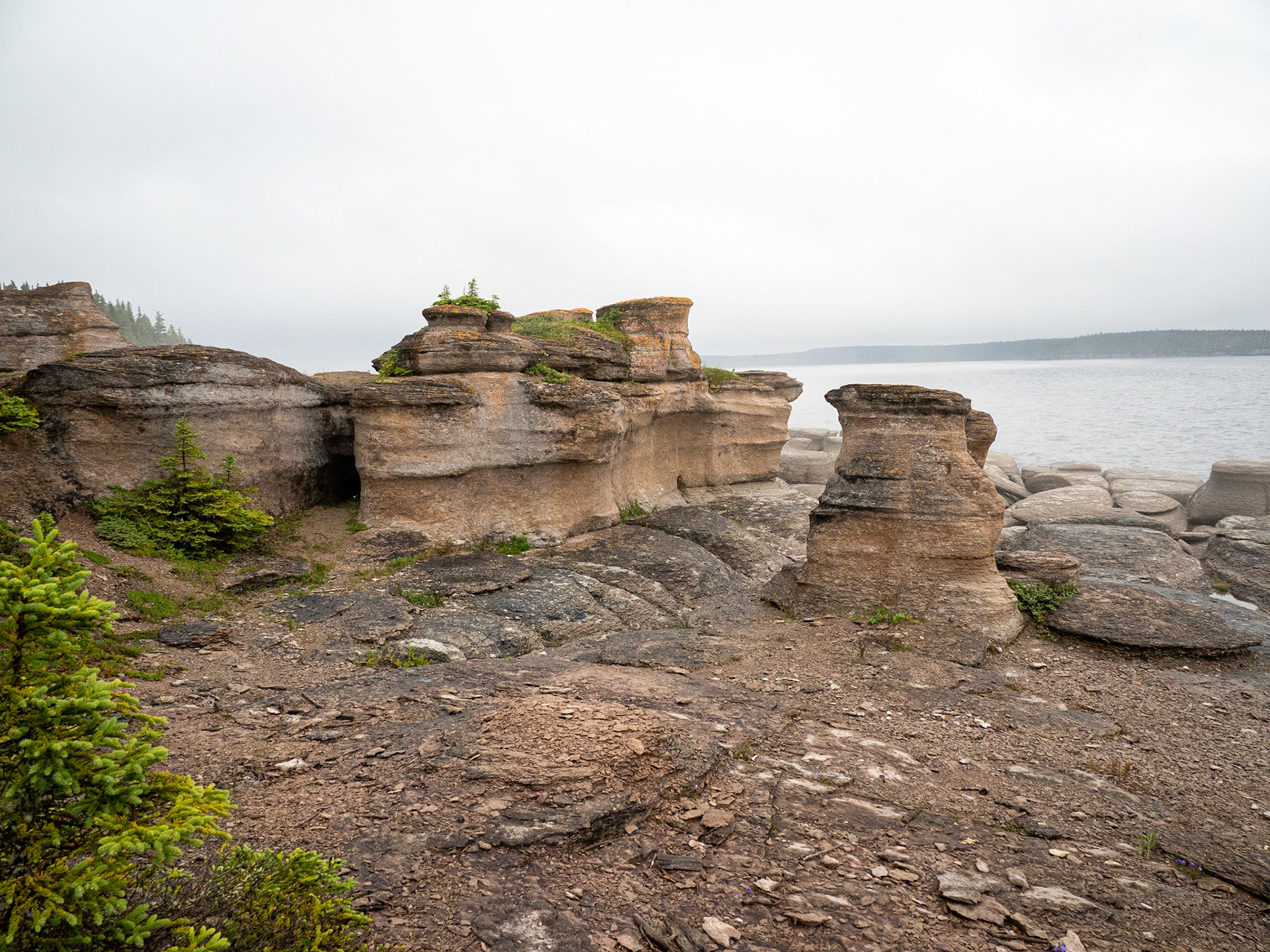
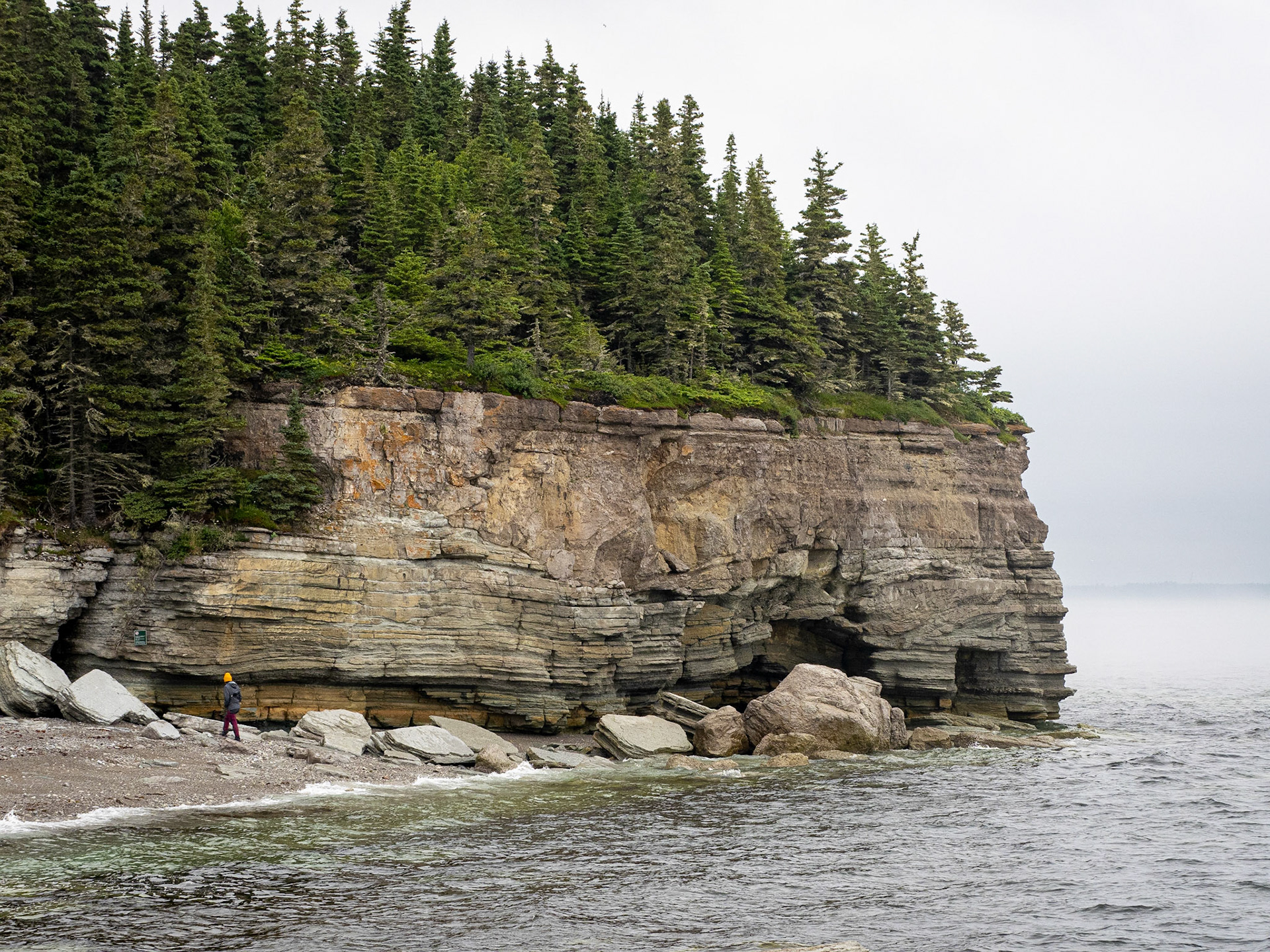
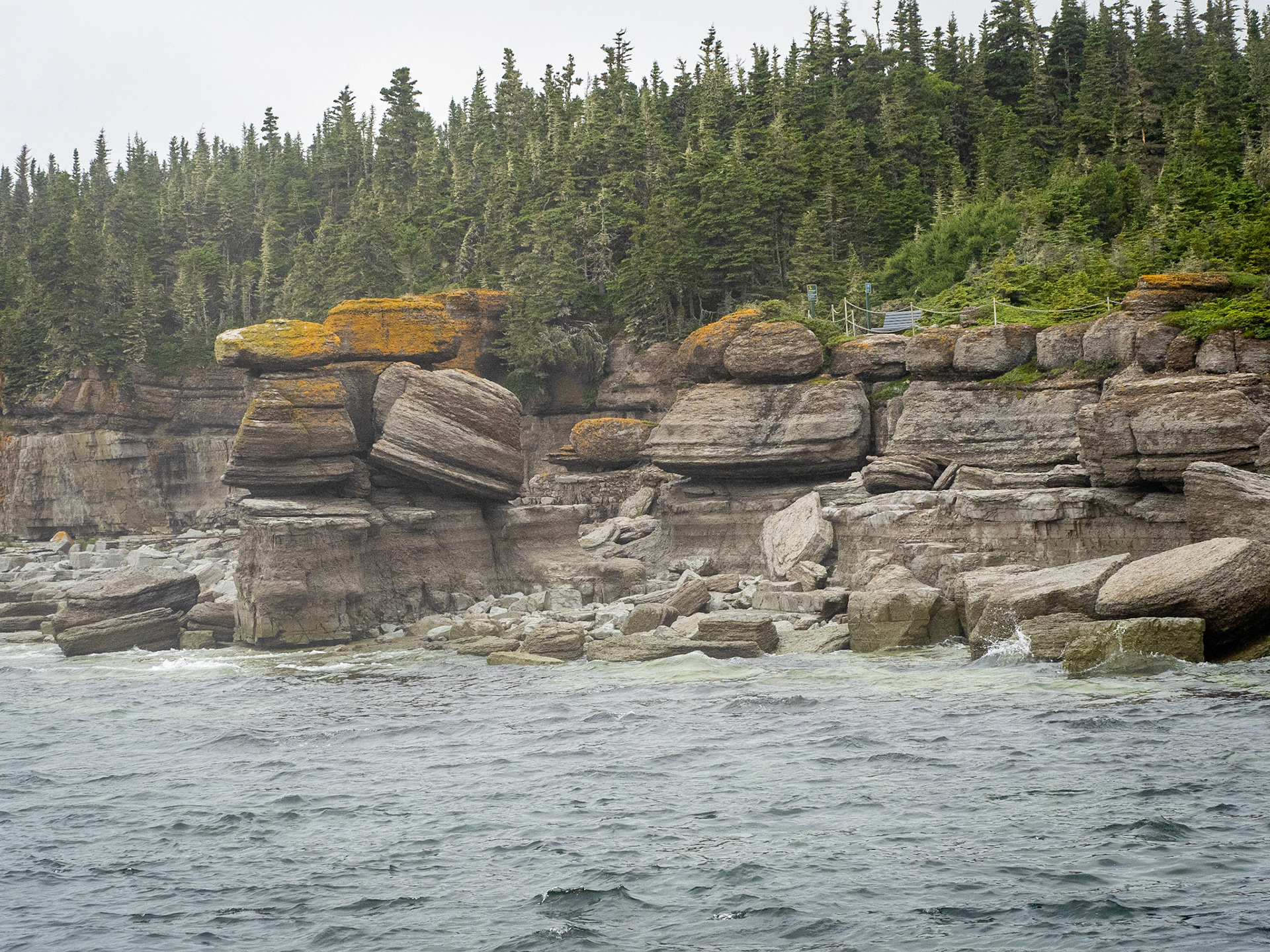
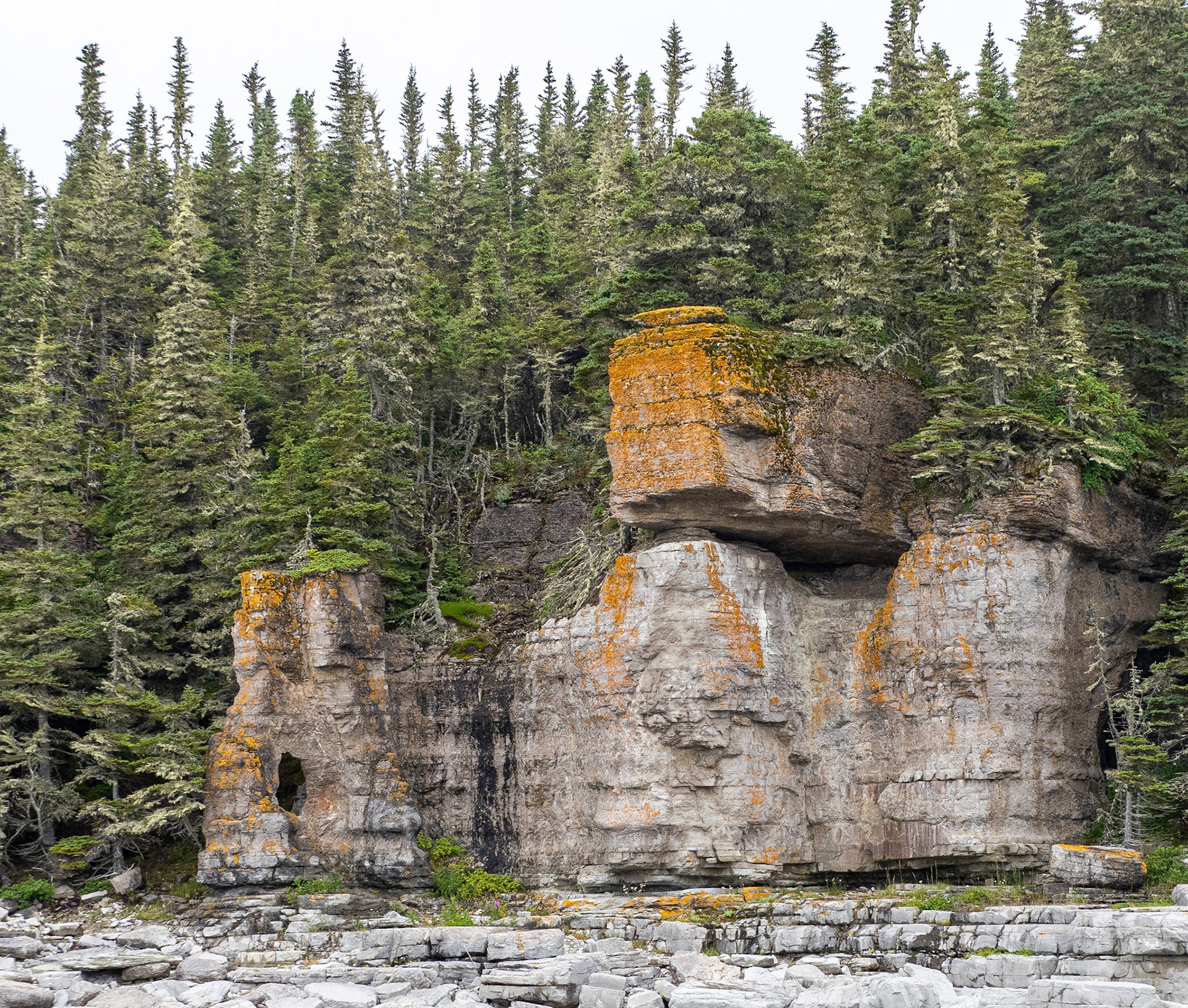
Vegetation managed to get a root hold on some of the rocks.

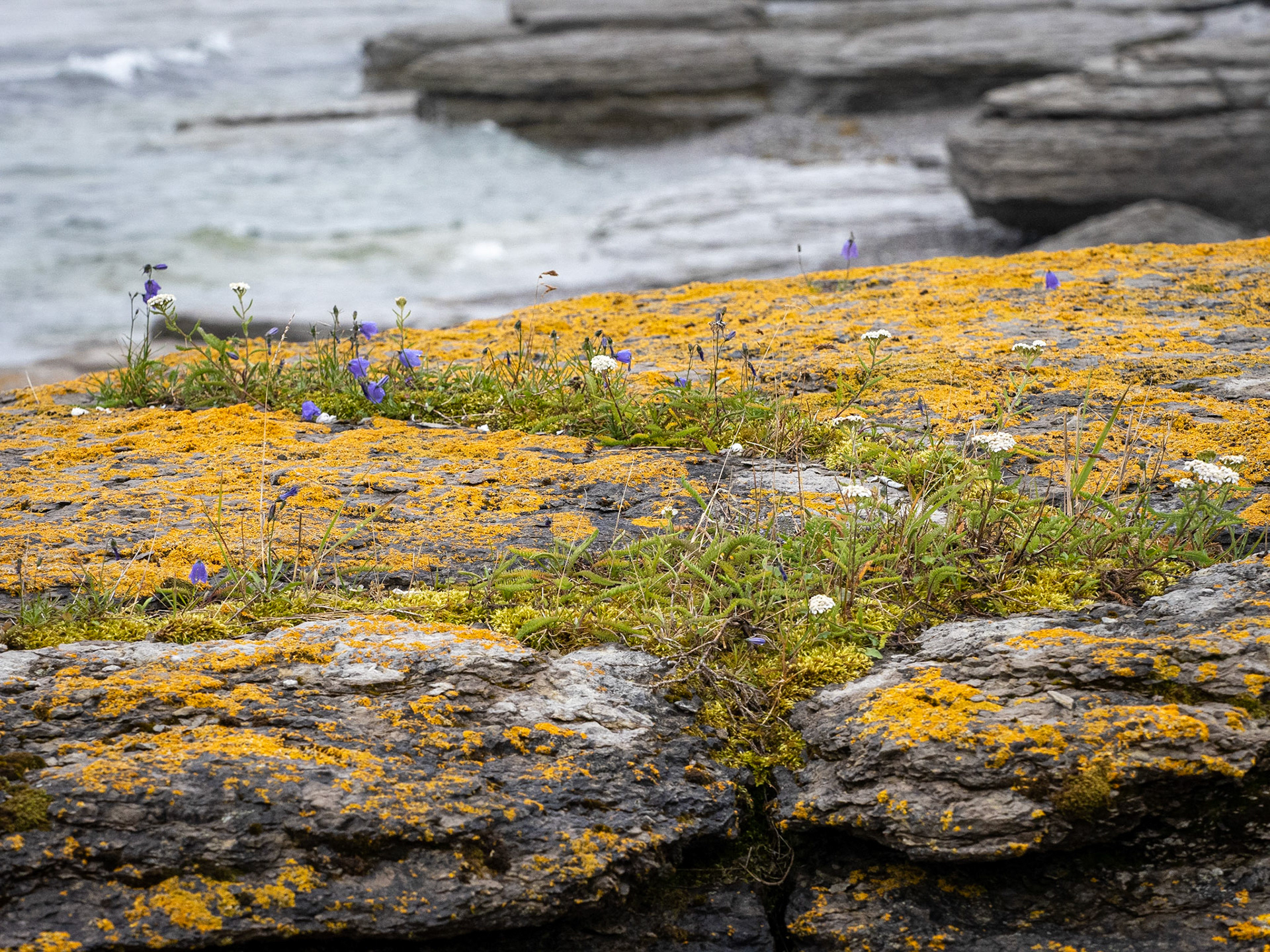
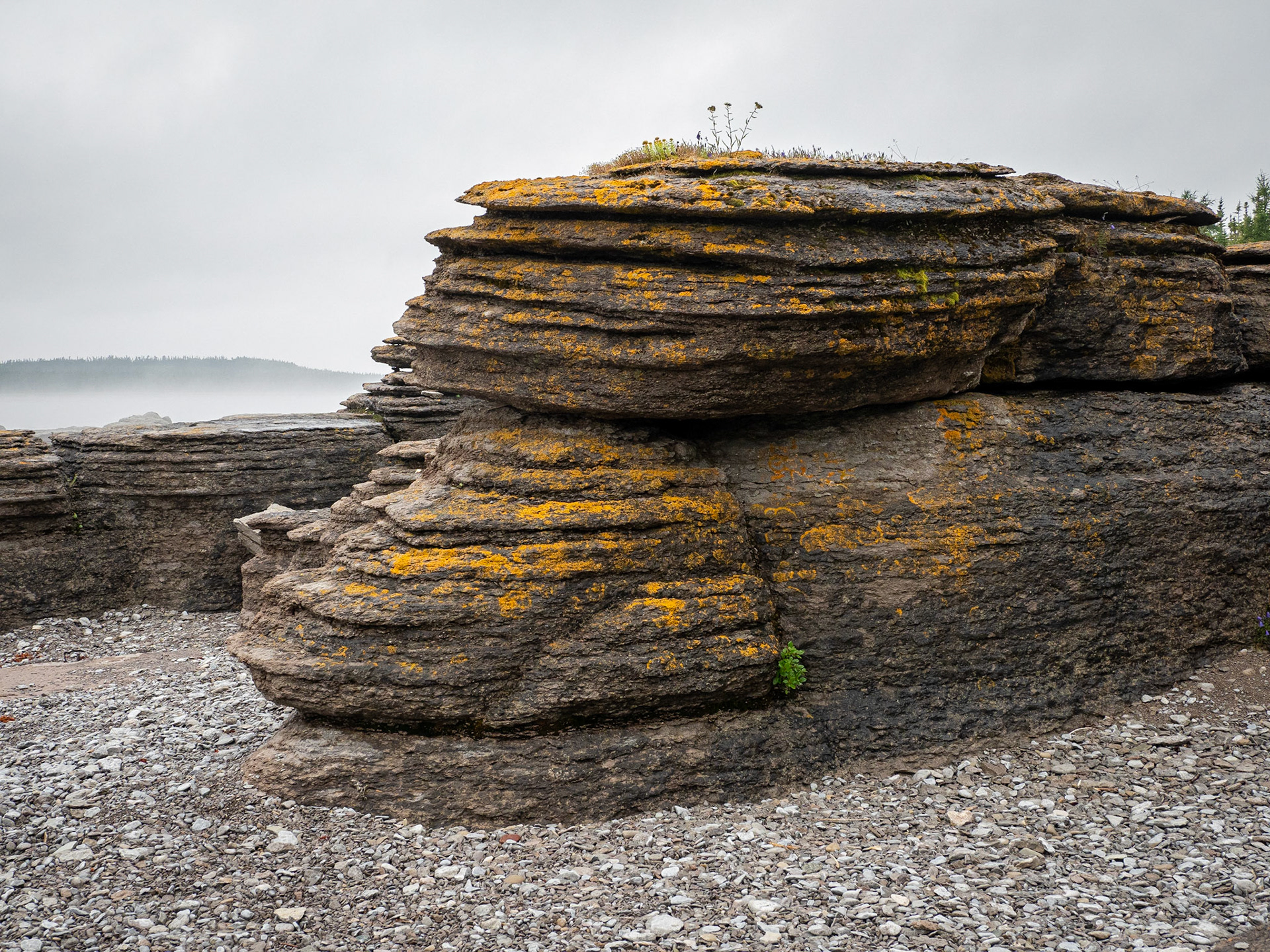
Where there was enough soil, the boreal forest's spruce trees and native wildflowers flourished.
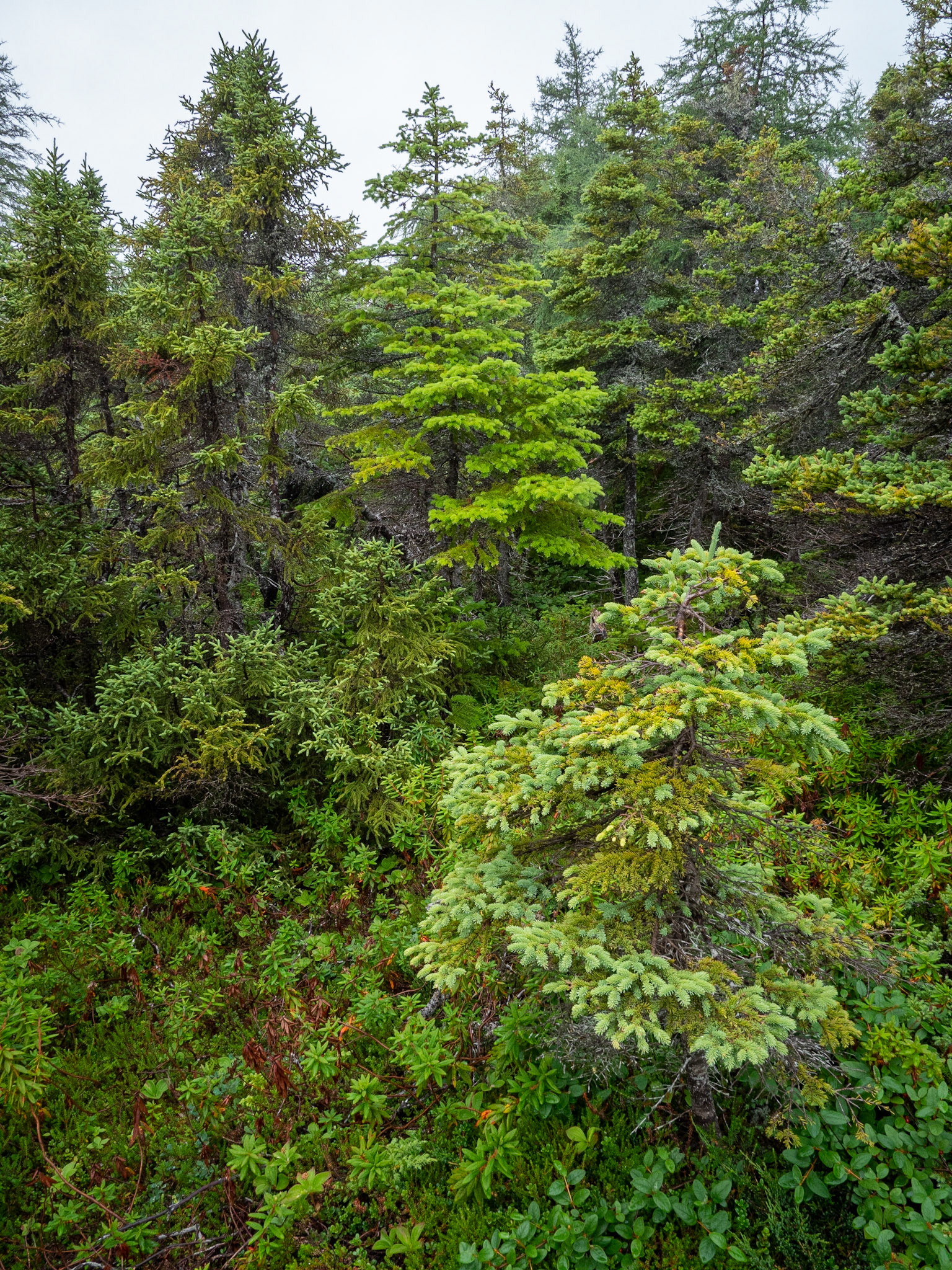
Spruce
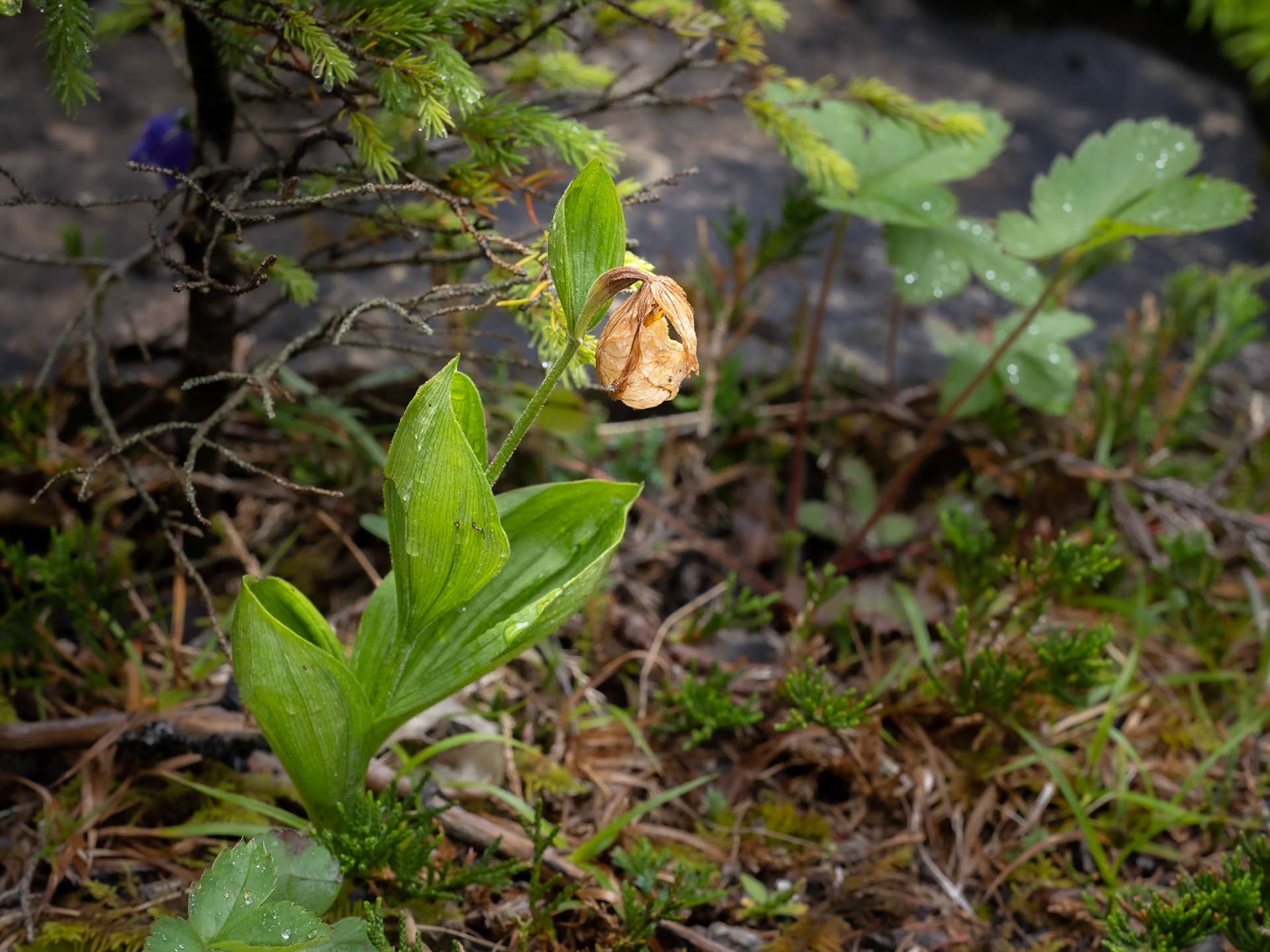
Past prime ladyslipper orchid
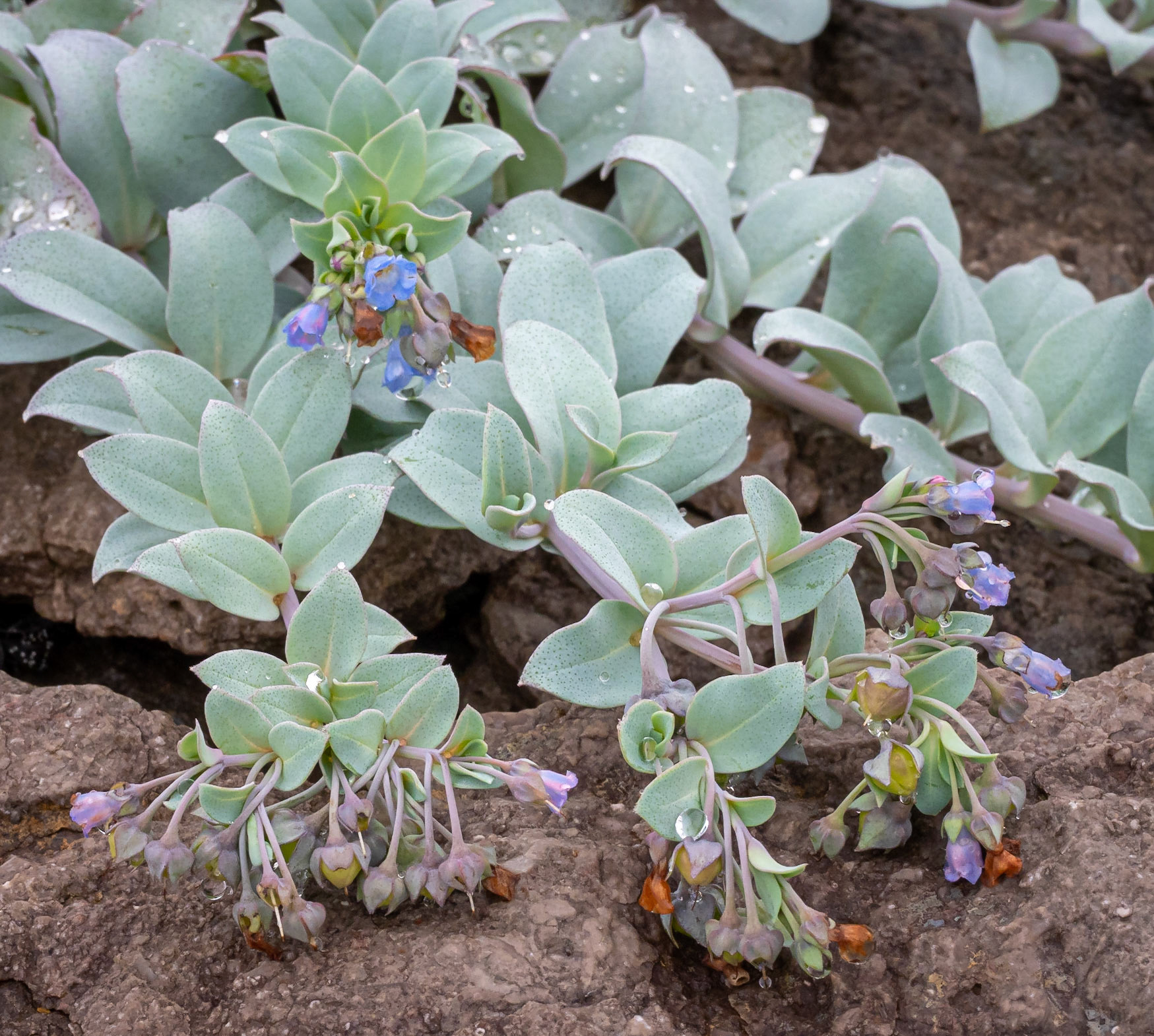
Oysterplant
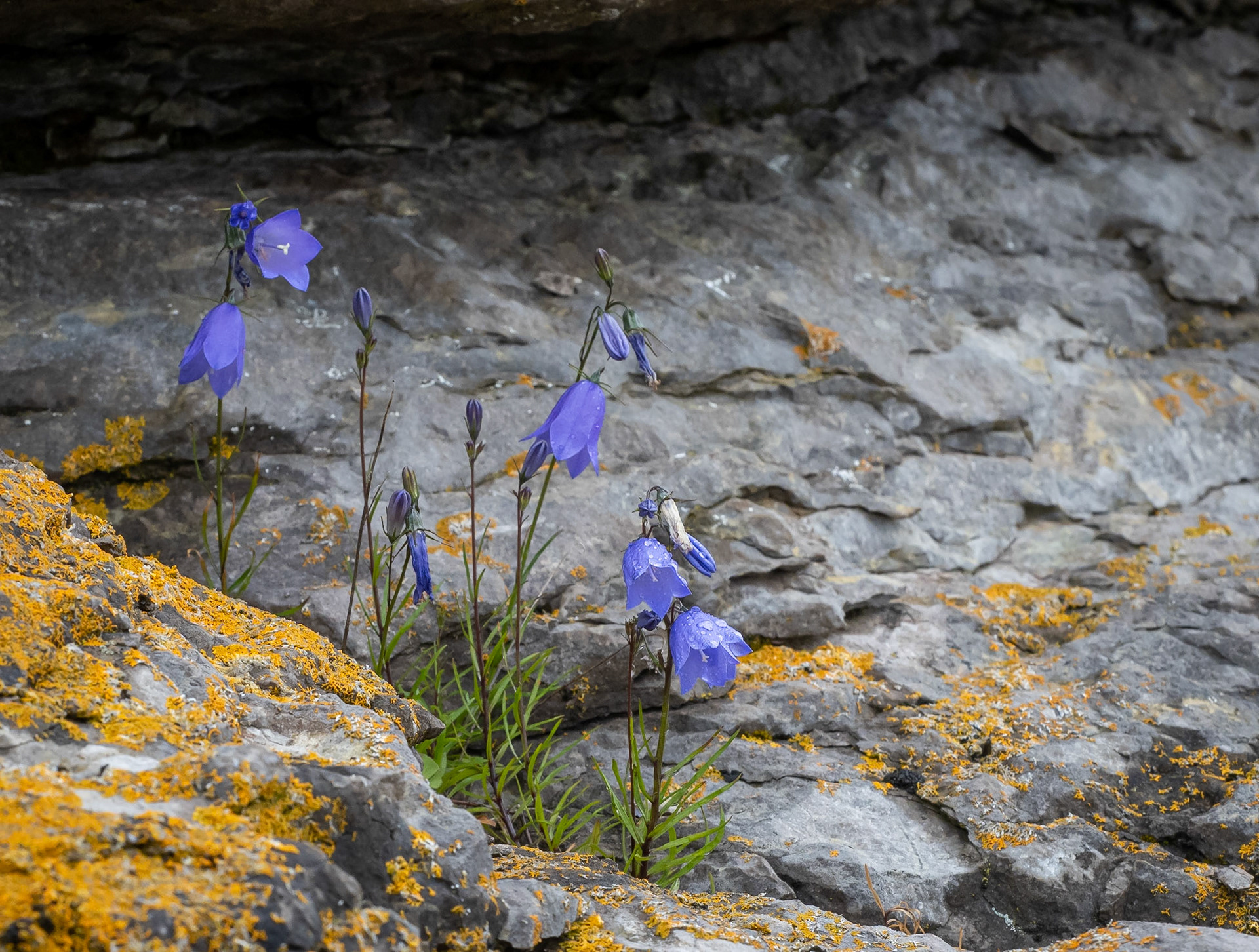
Giesecke's bellflower
Parks Canada maintains clean outhouses and emergency shelters on the main islands.

Ile Niapiskau is also heavily covered with the Boreal Forest's spruce trees and native flowers.
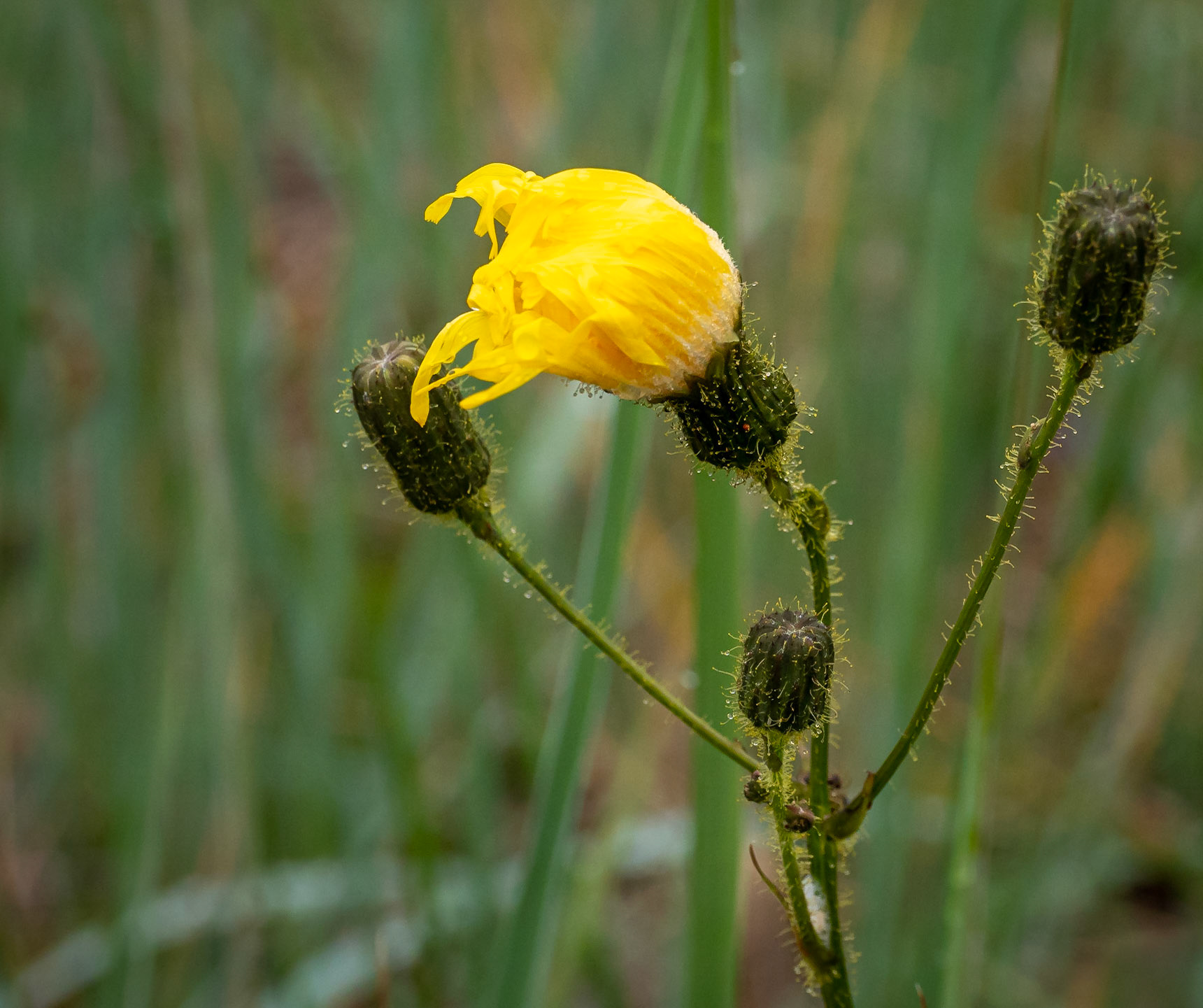
Marsh sowthistle
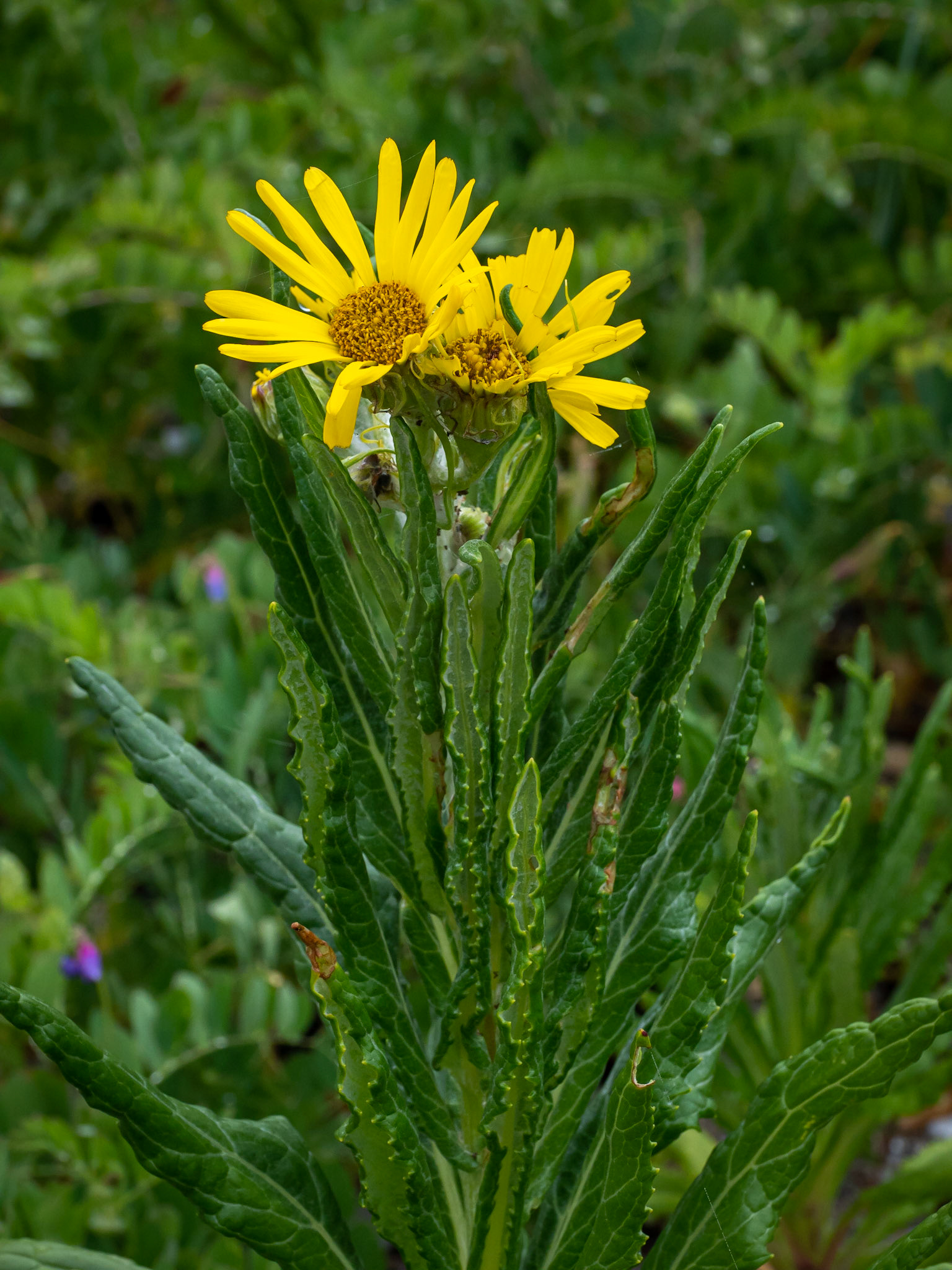
Seaside ragwort
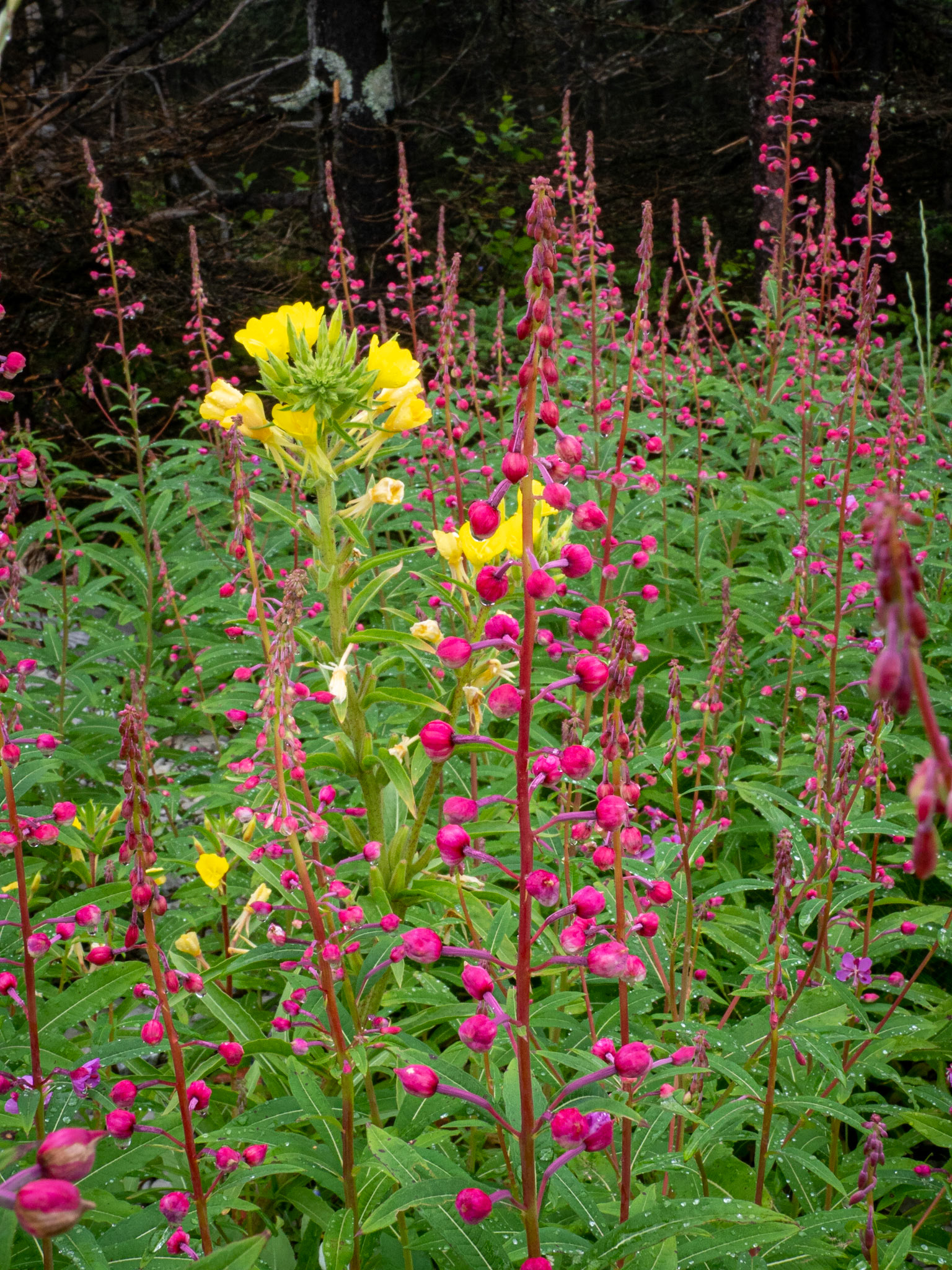
Evening primrose and fireweed
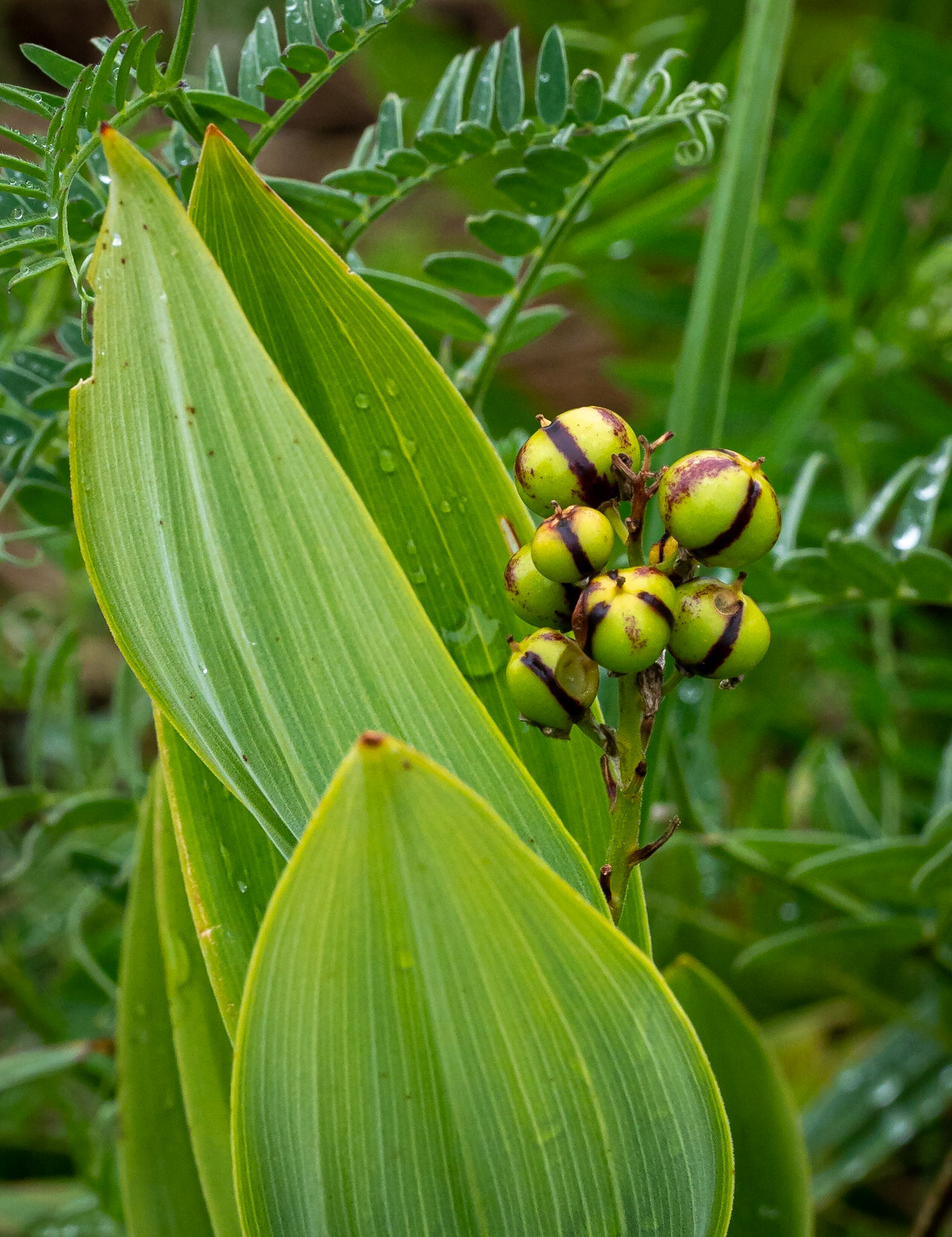
STarry false solomonseal
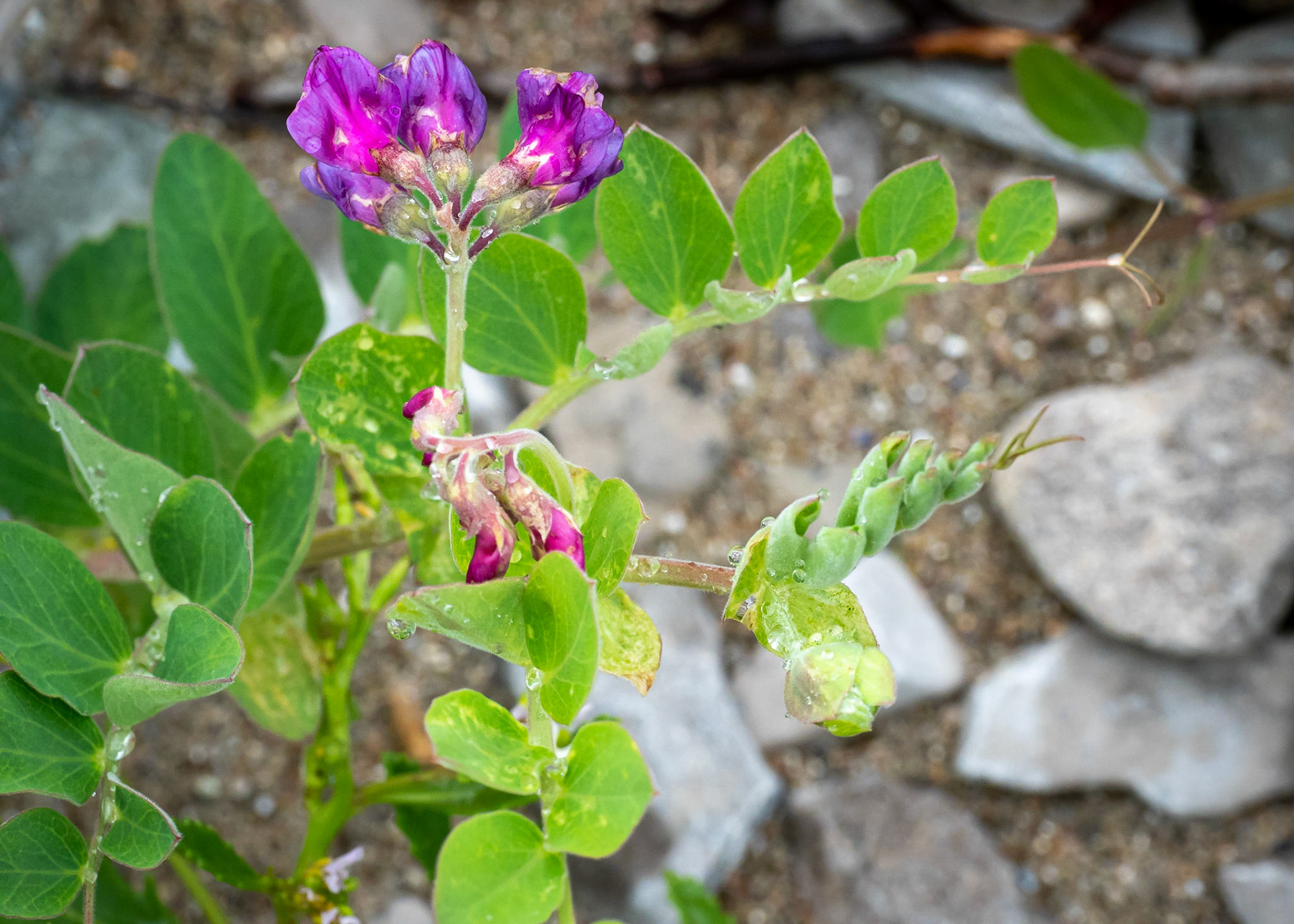
Sweetpea

Starter oysterplant
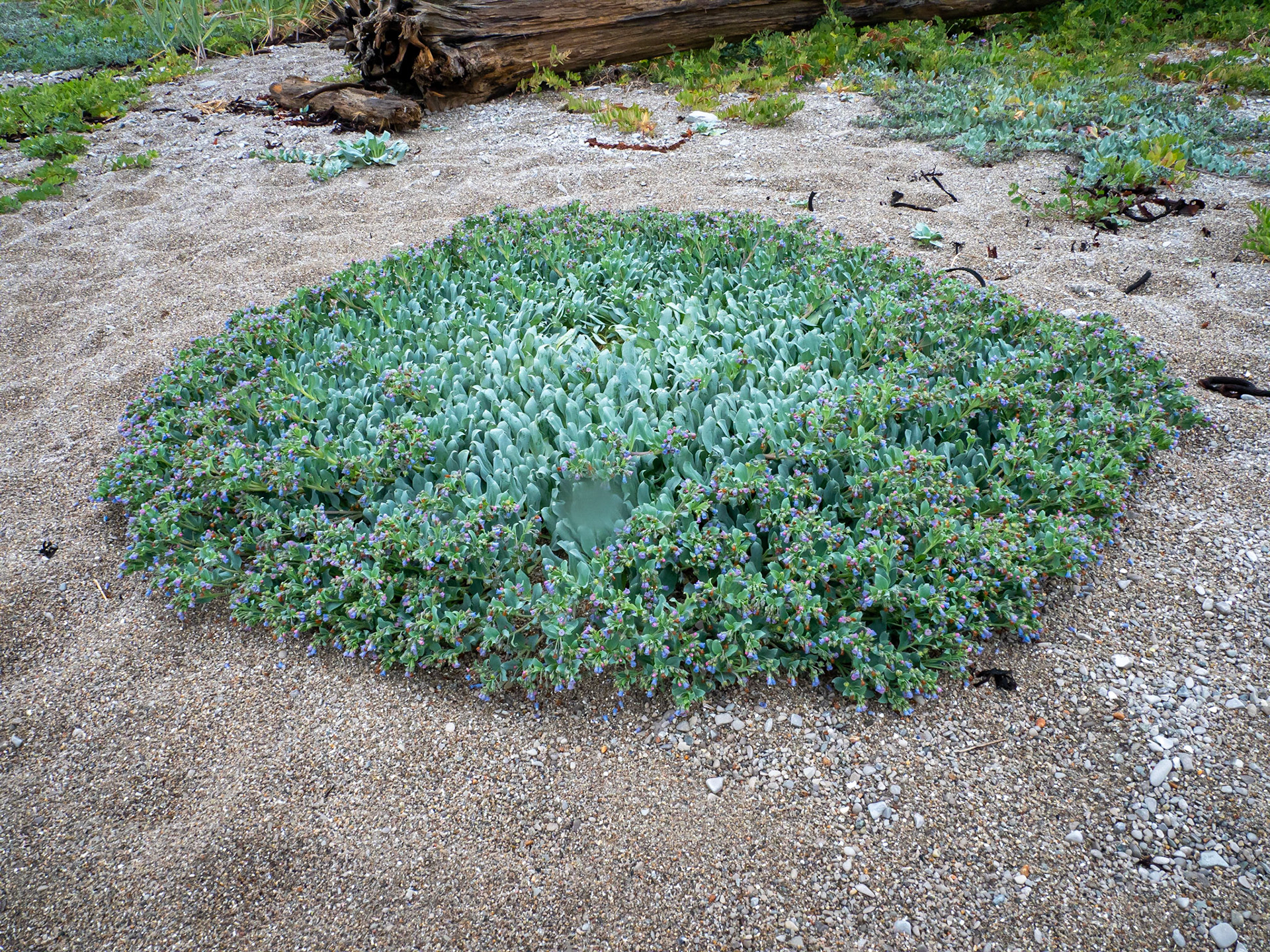
Oysterplant
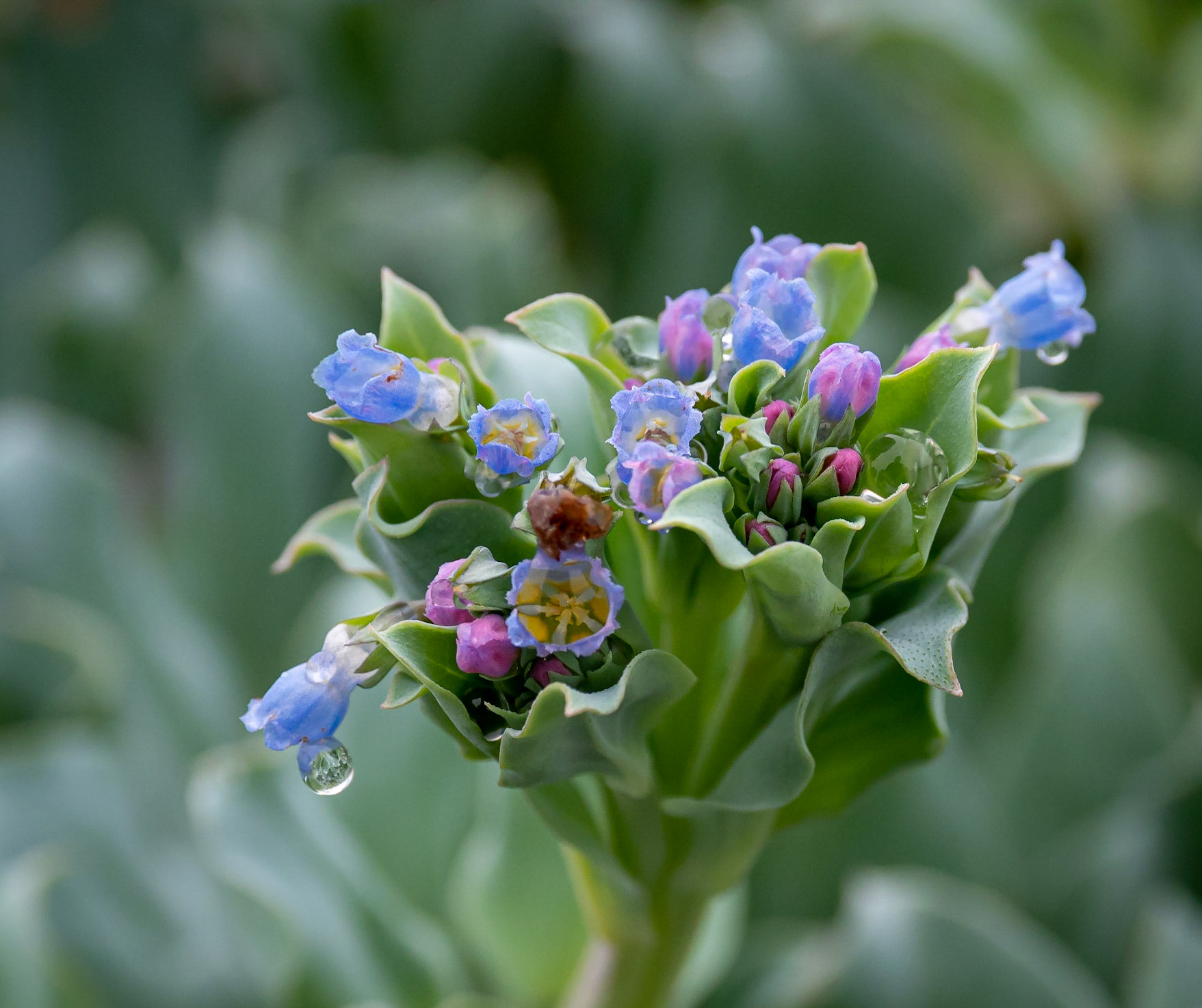
Oysterplant blossom
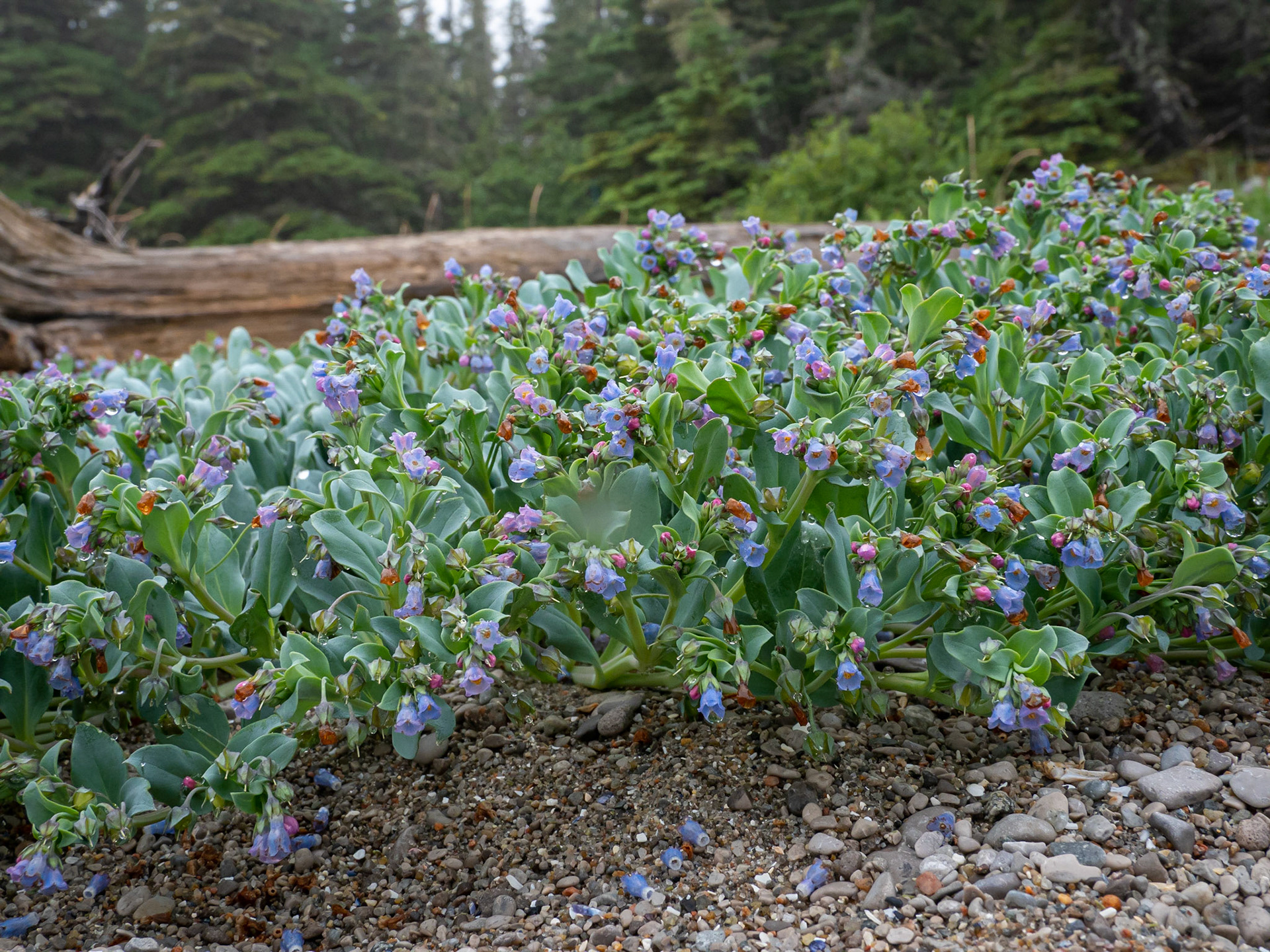
Seaweed

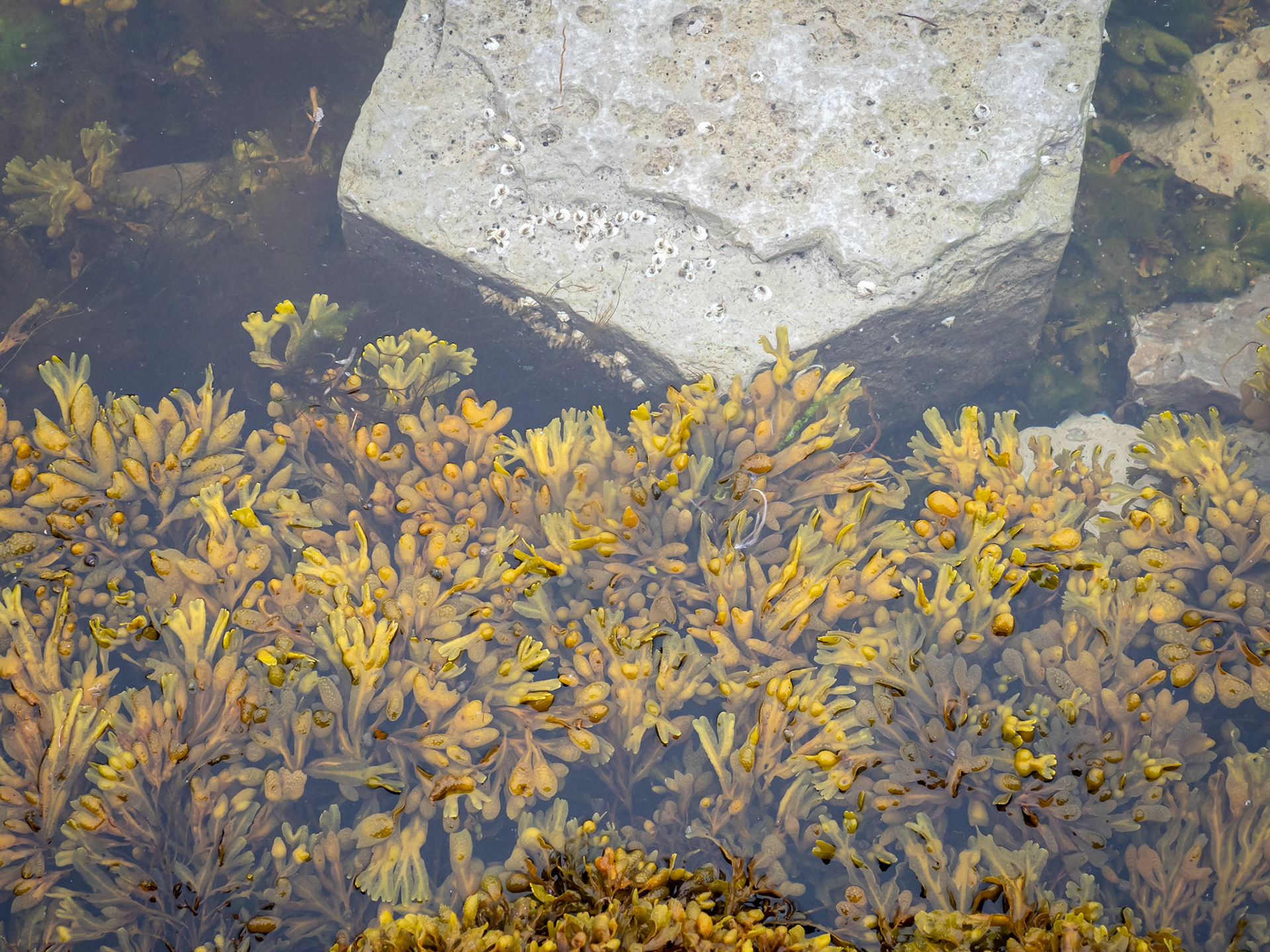
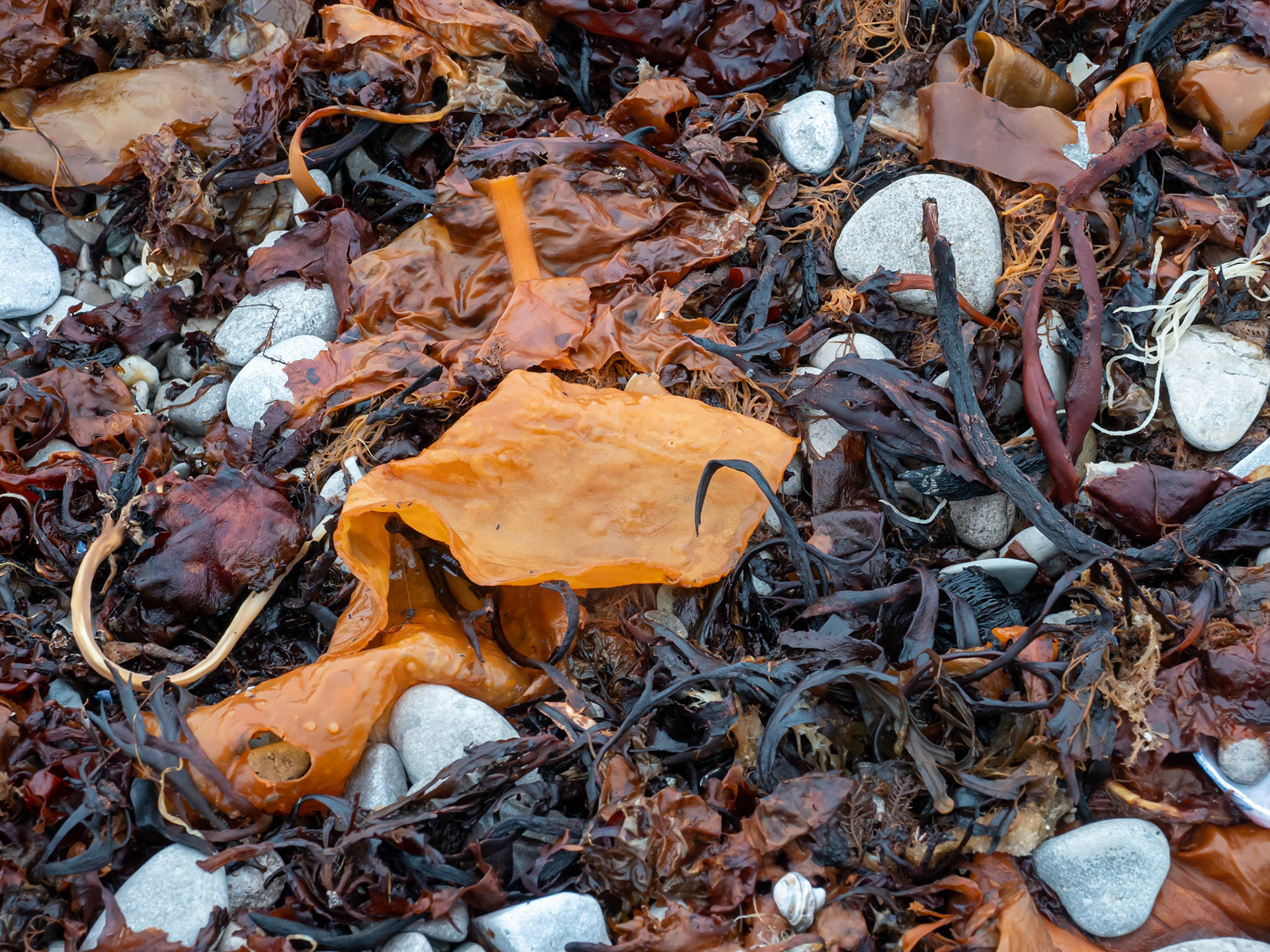
The rock formations were standouts.
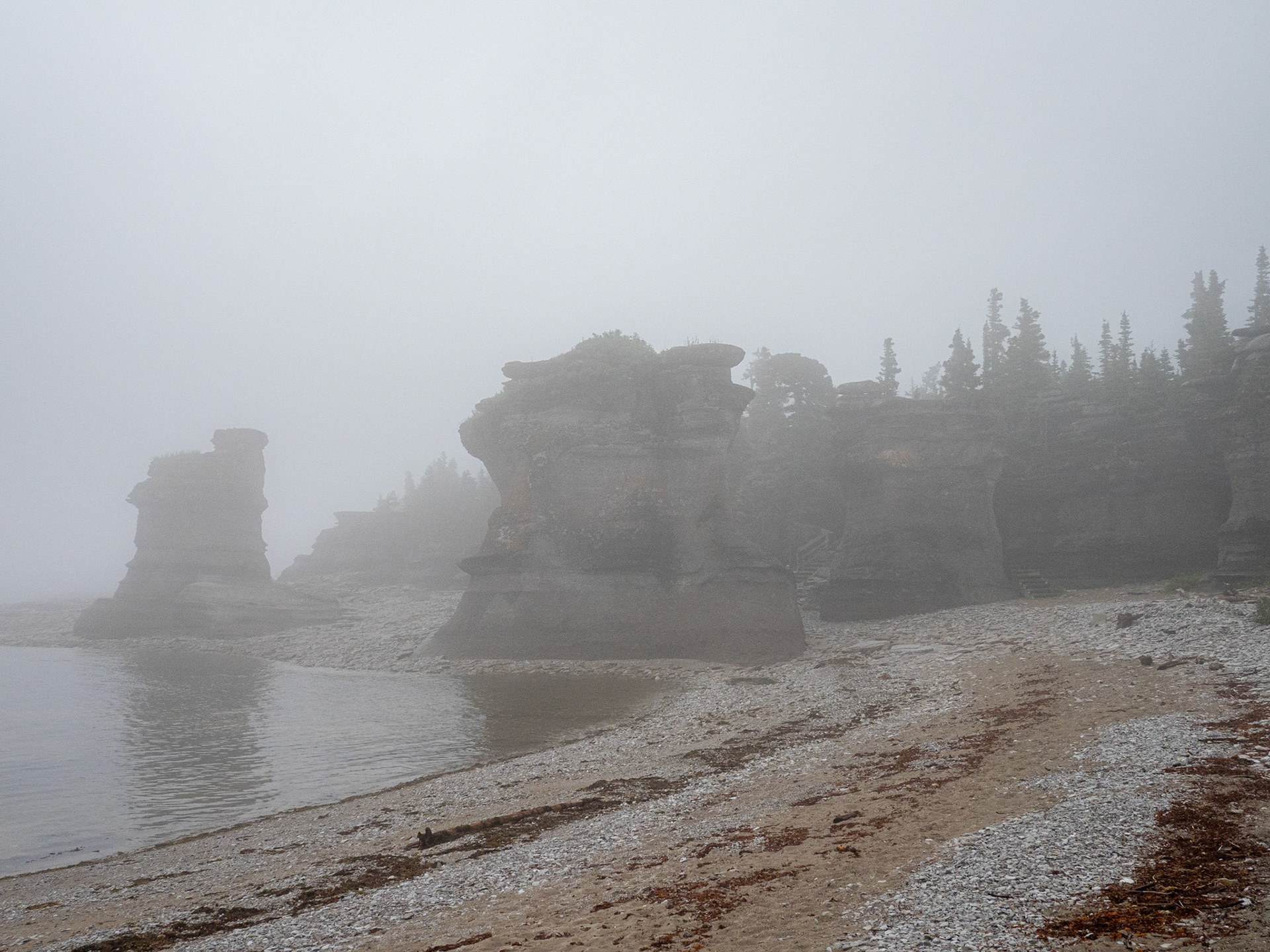
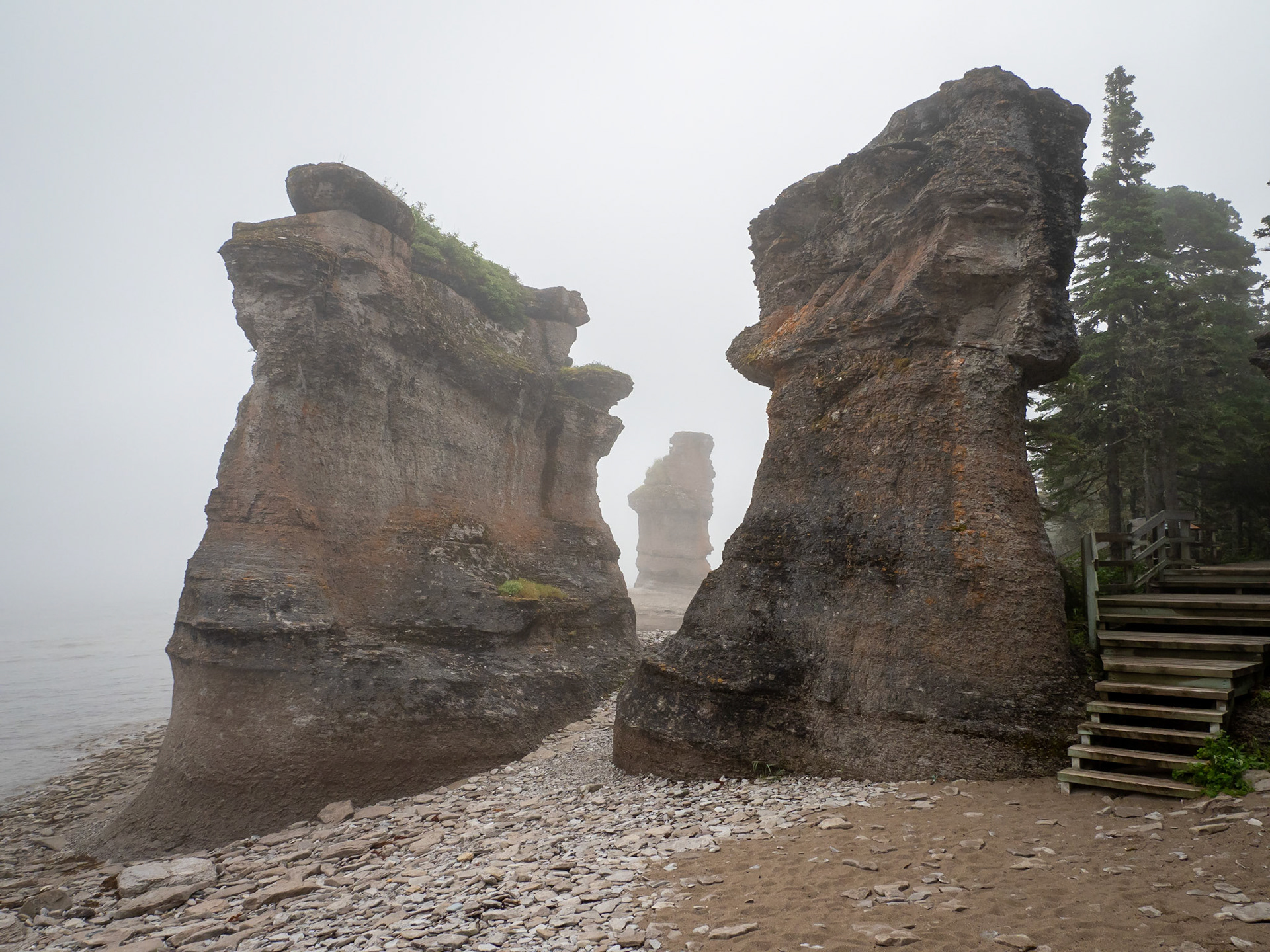
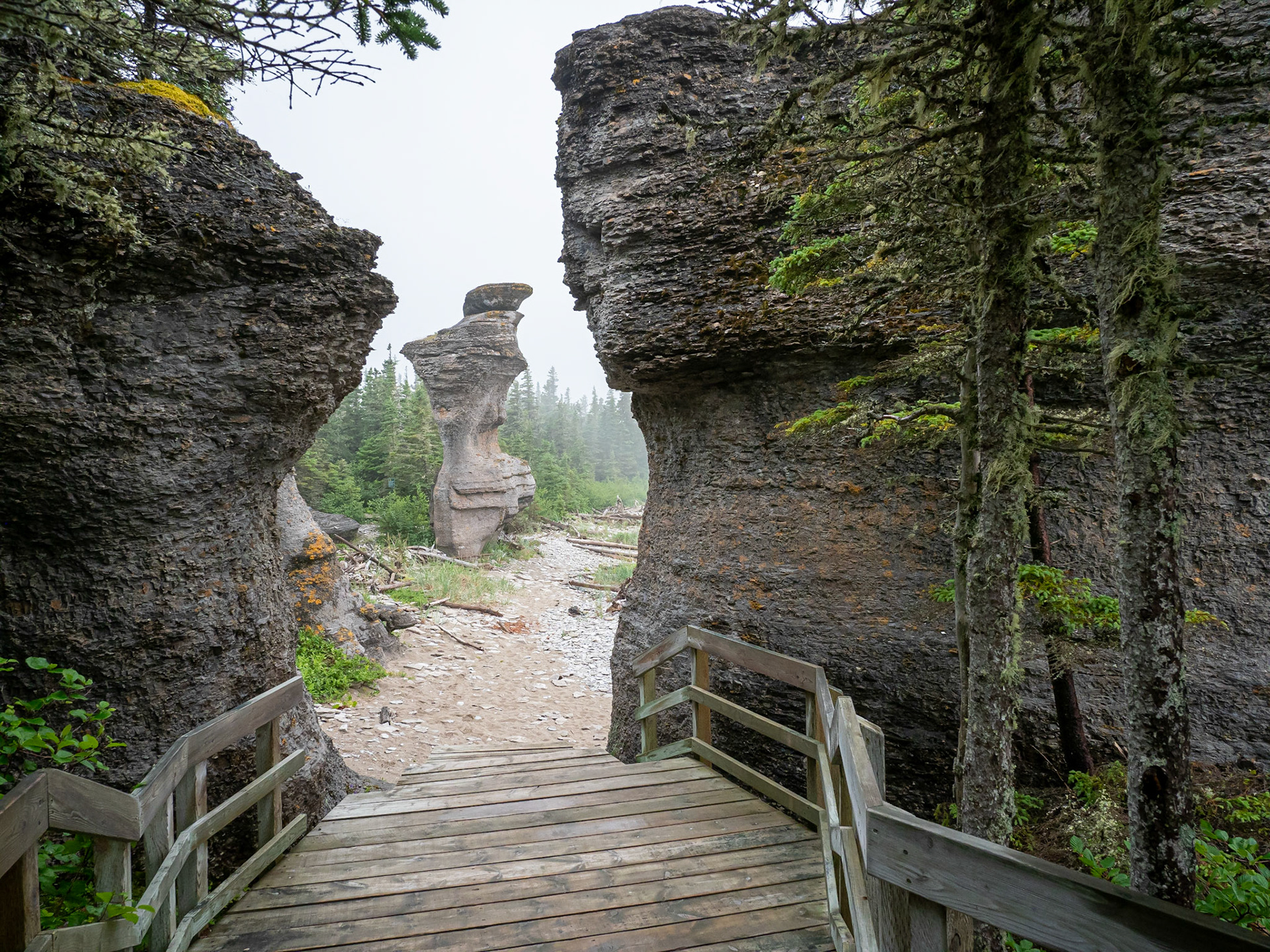
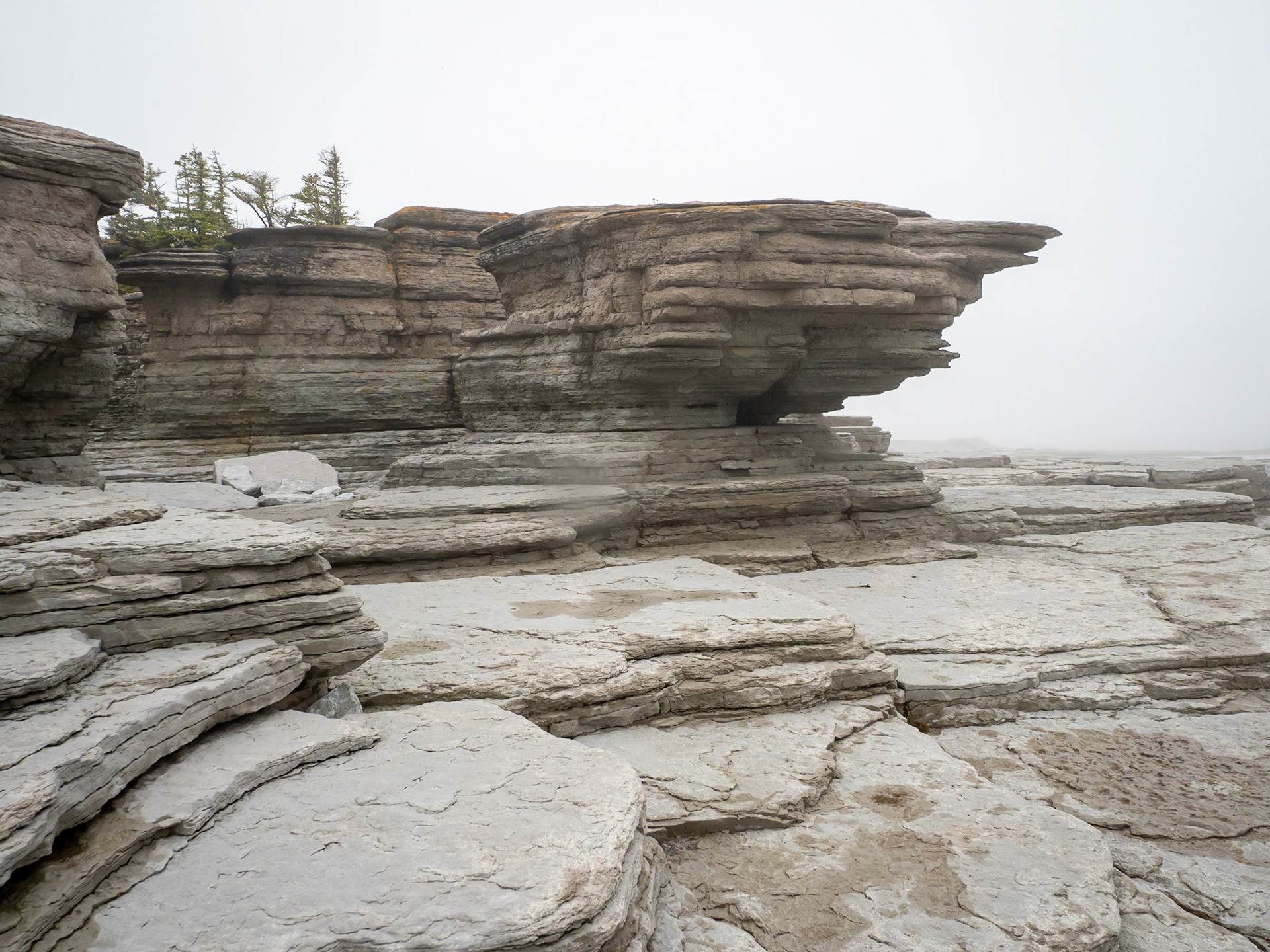
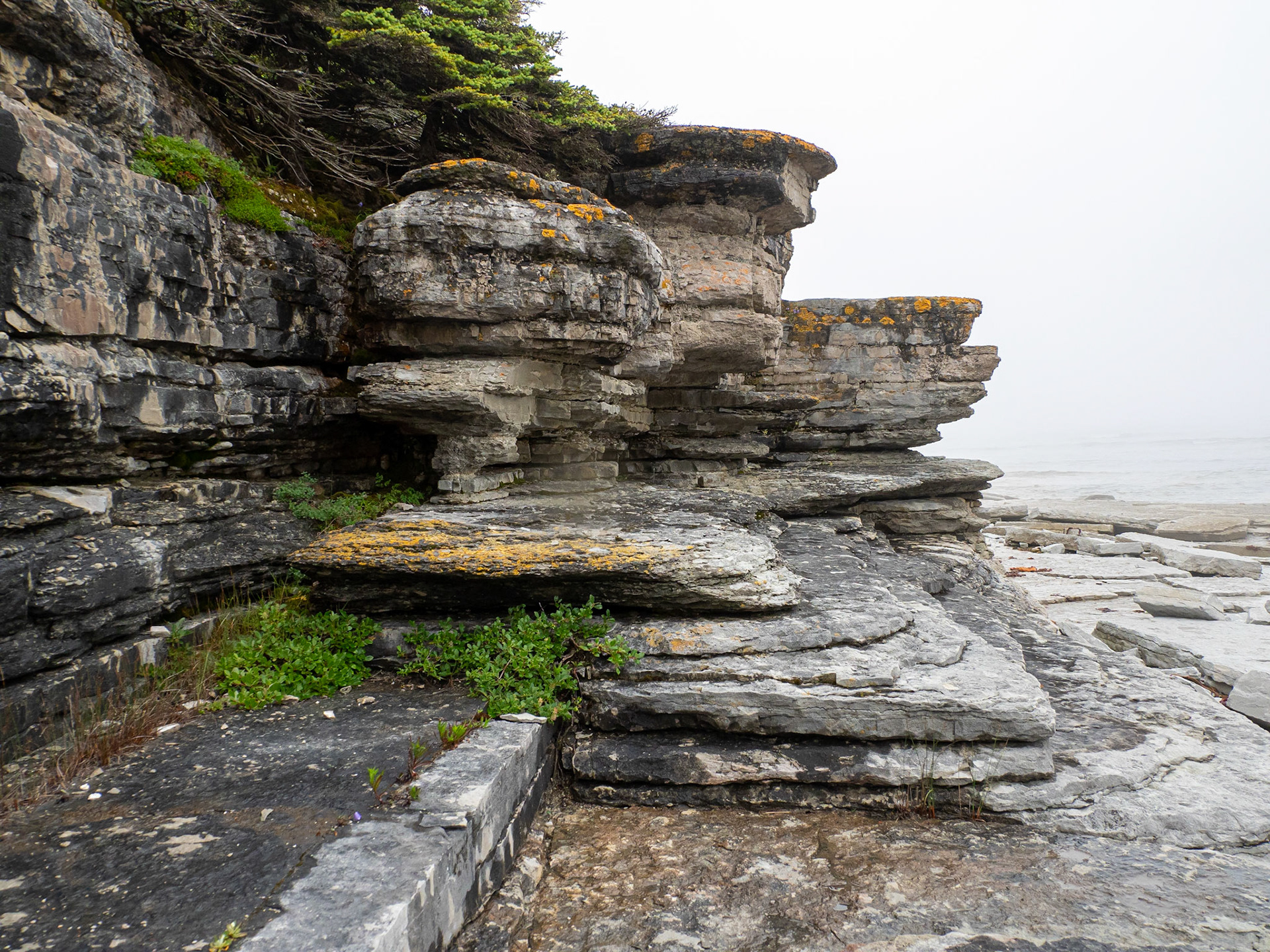
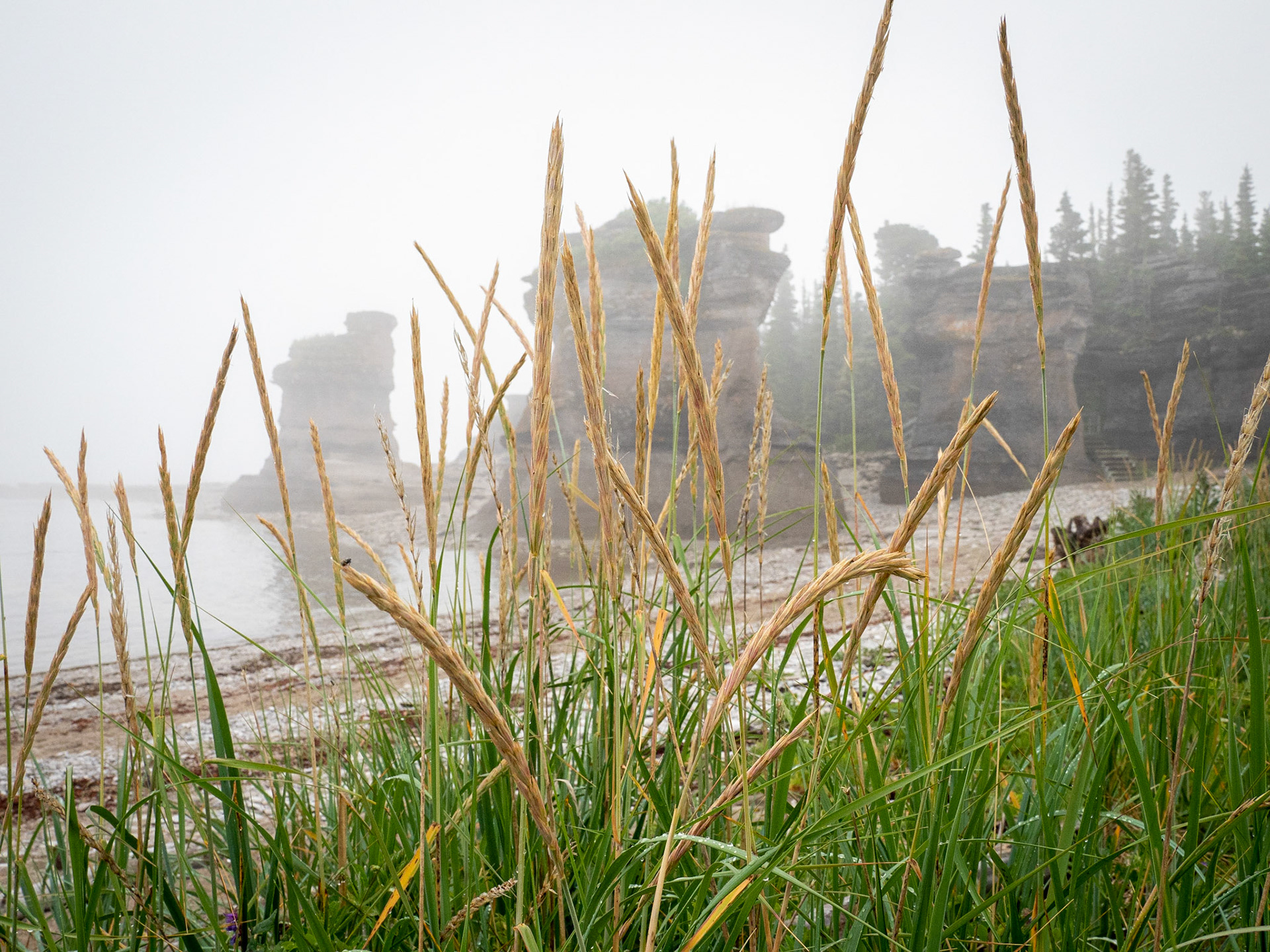
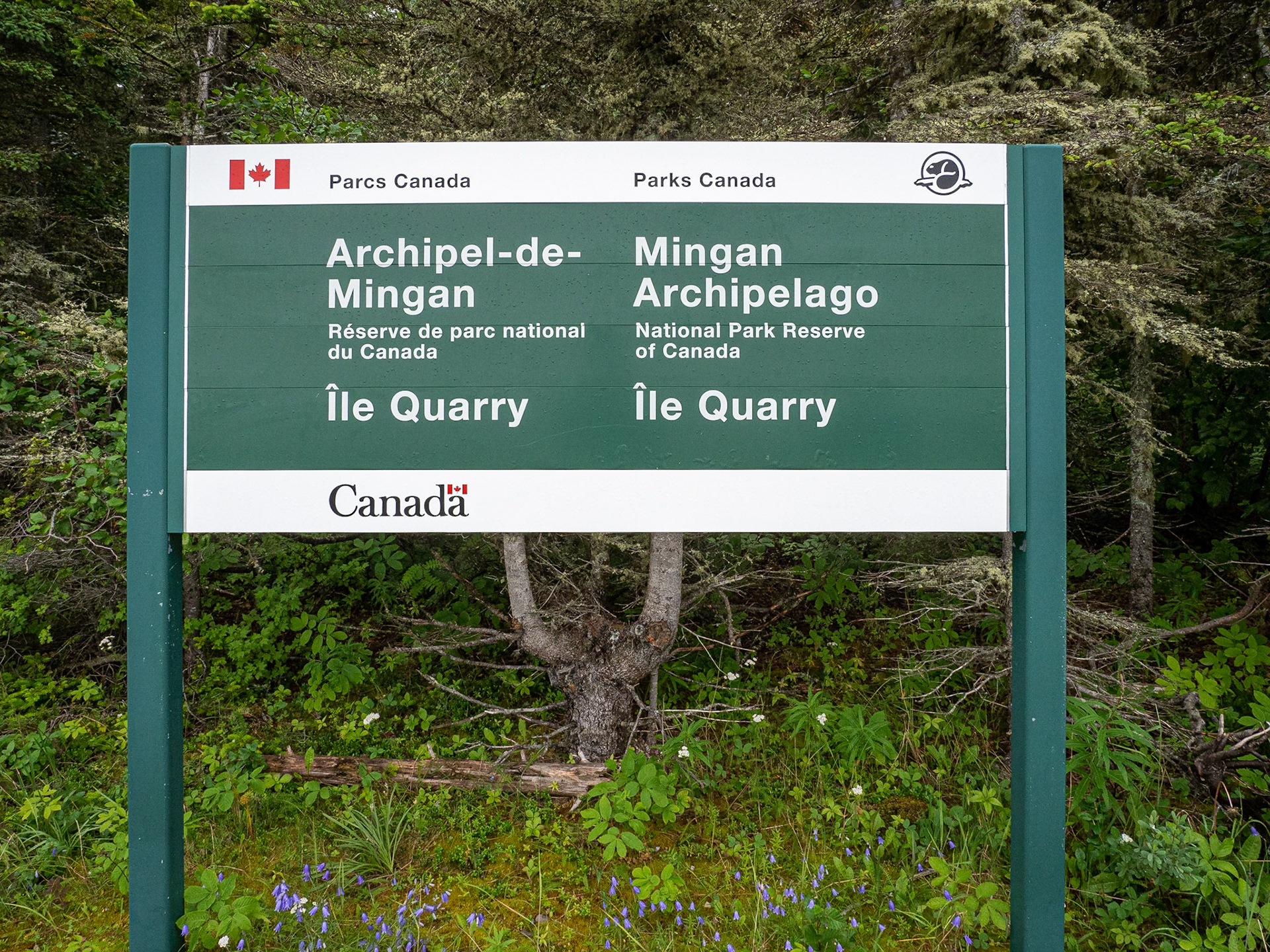
Ile Quarry, one of the larger islands, is set up to handle limited overnight camping, including pre-set up specialty accommodations. (Other islands have these facilities as well).
It has the longest hiking trails, including a circumnavigation of the island, as well as a boardwalk to cross the island.
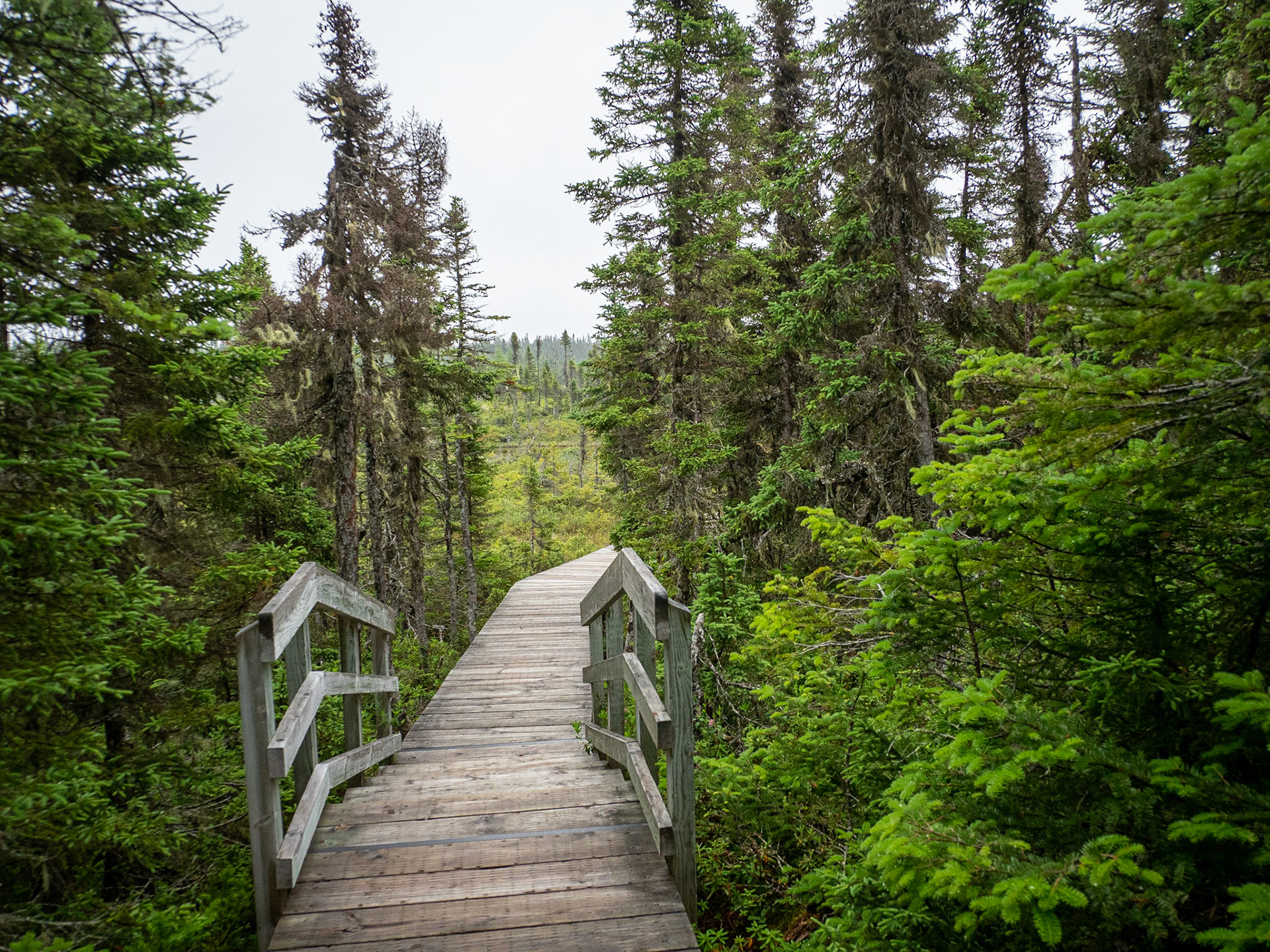

The flora was a bit different as the island seemed to have more bog-like conditions in some areas.
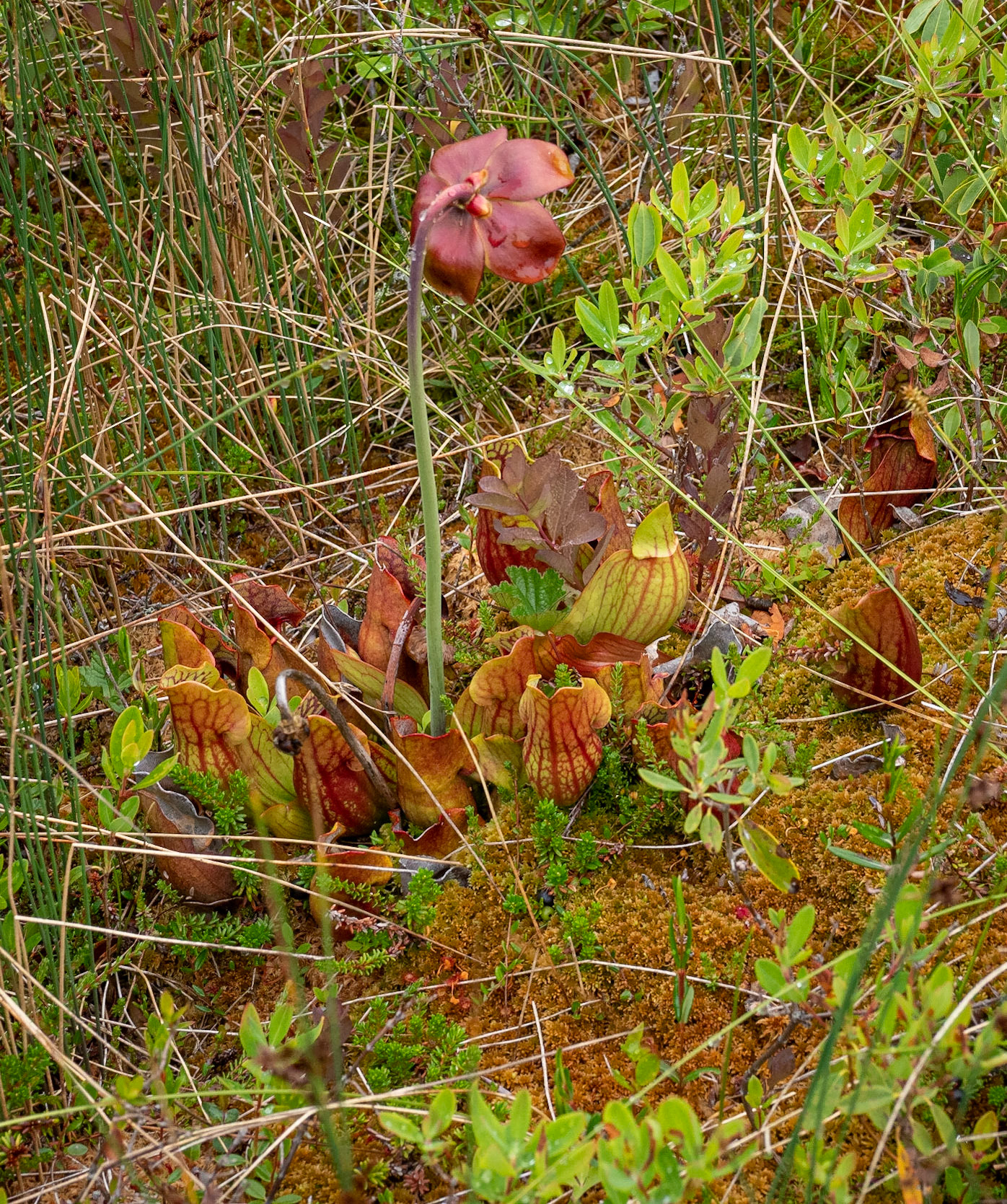
Picher plant
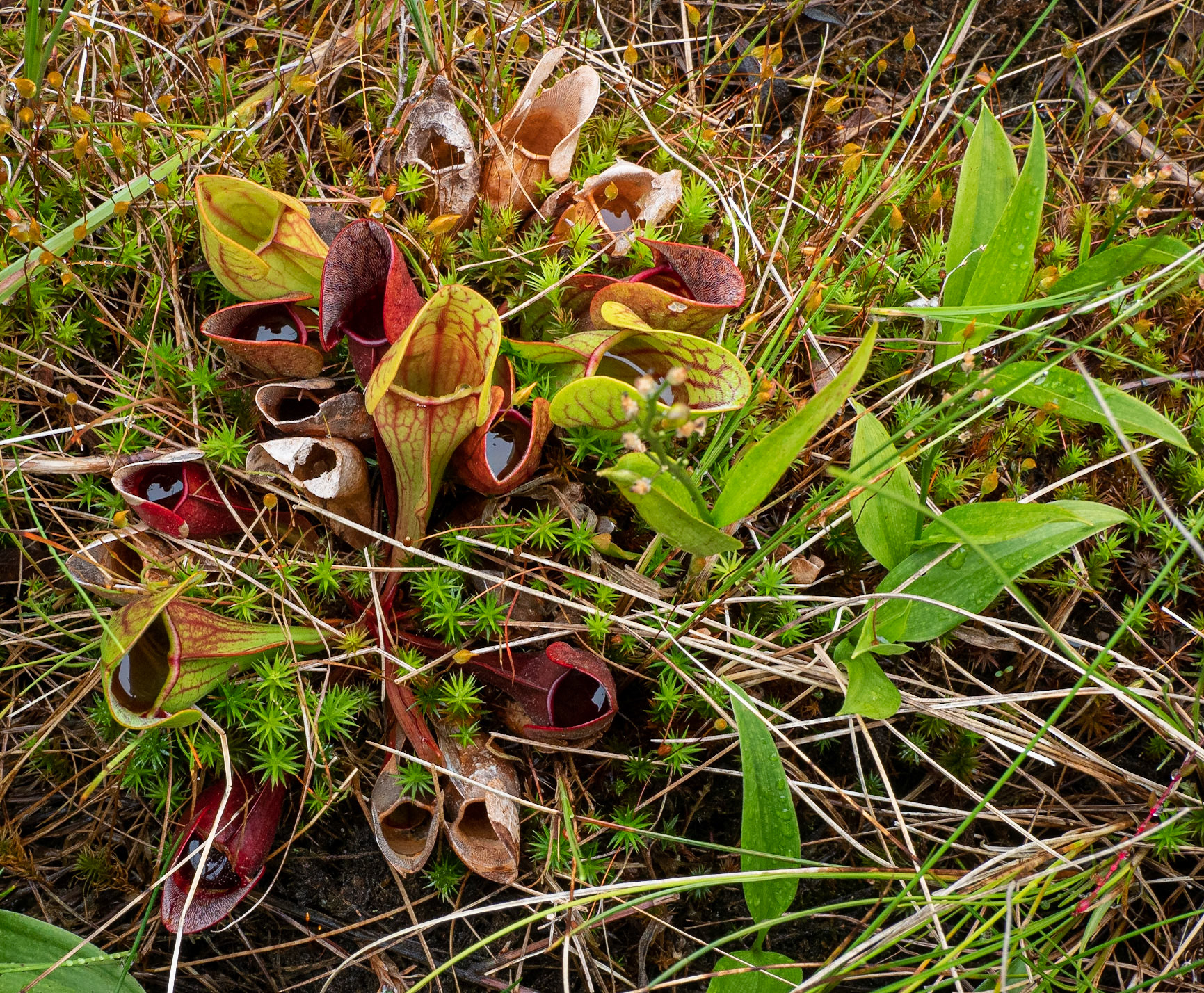
Picher plant
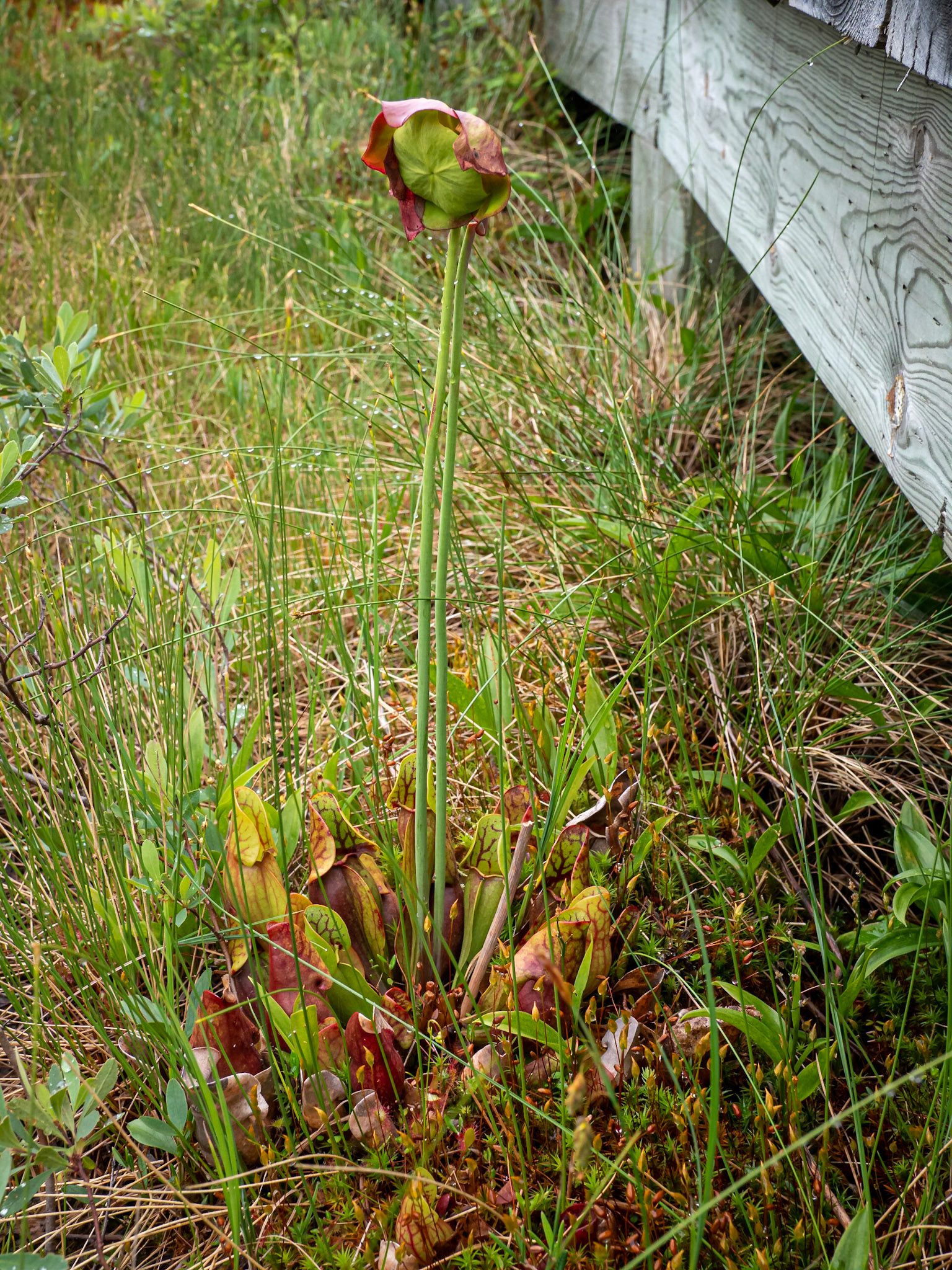
Picher plant
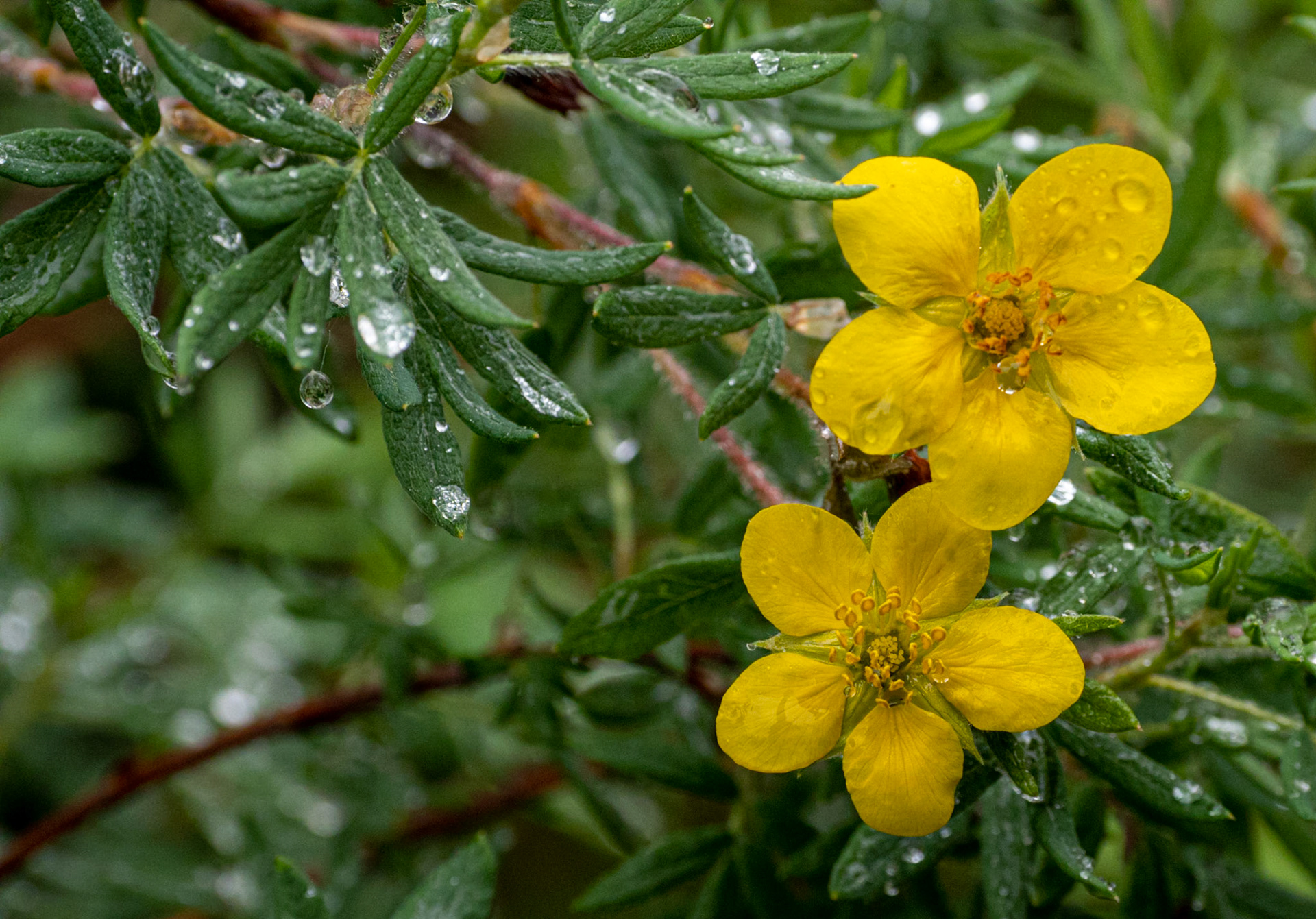
Shrubby cinquefoil
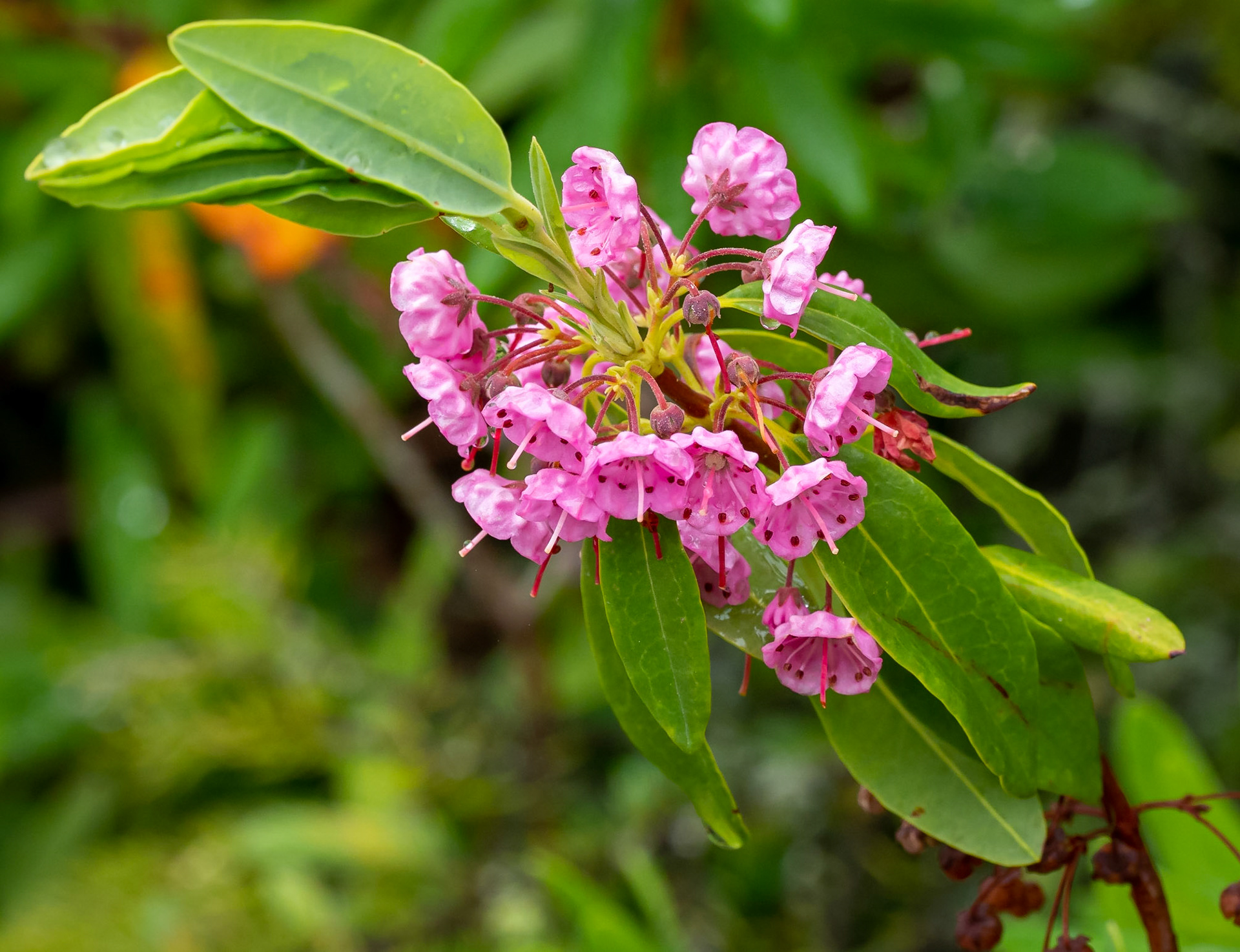
Sheep laurel
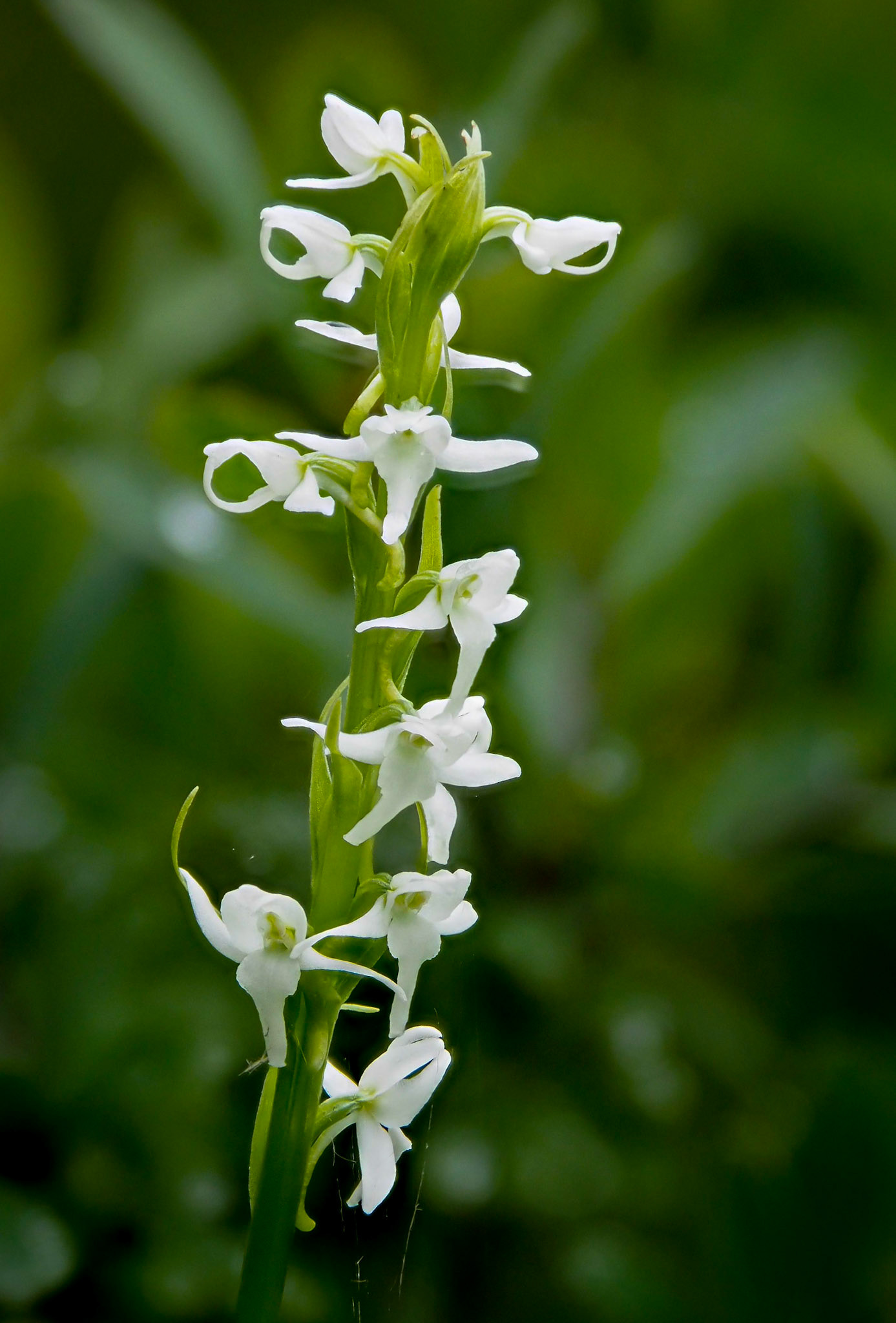
Lady tresses orchid
Fireweed in the fog
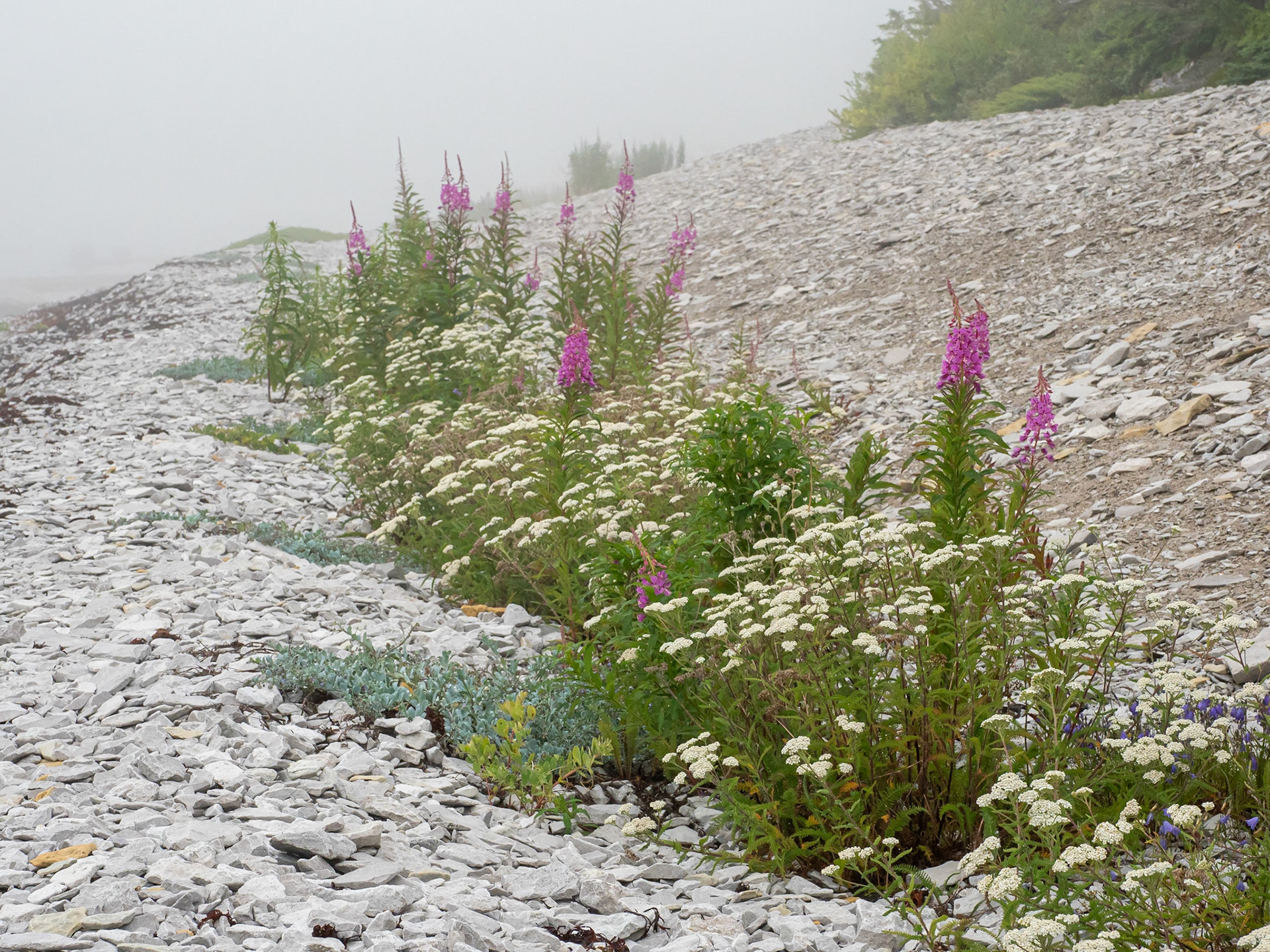
It is not permissible to pick cloudberries in the National Parks, but we saw many people picking them along the side of the roads. They are seen as a local delicacy and used to make jam. There is a single berry per plant so it involves a lot of picking.
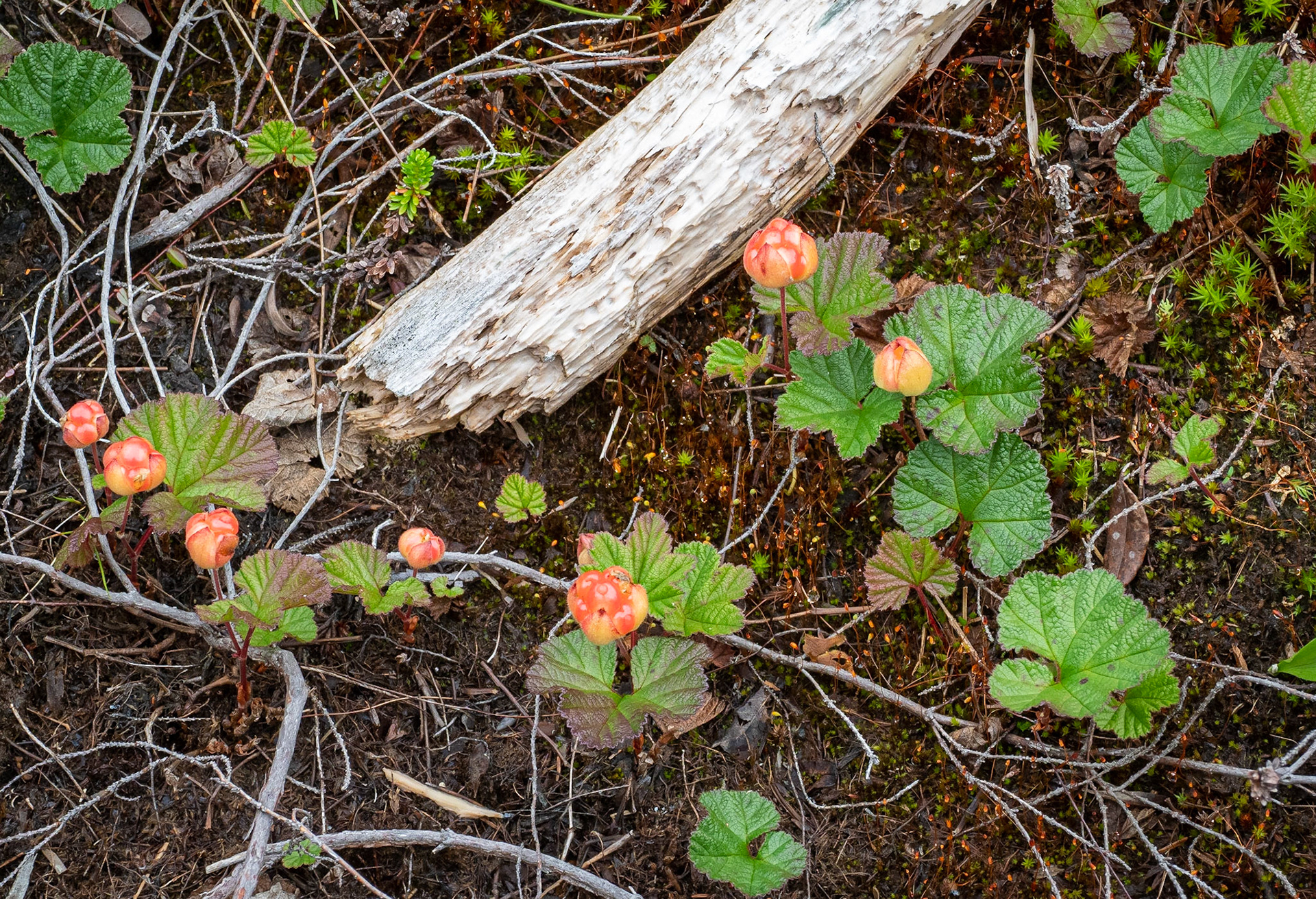
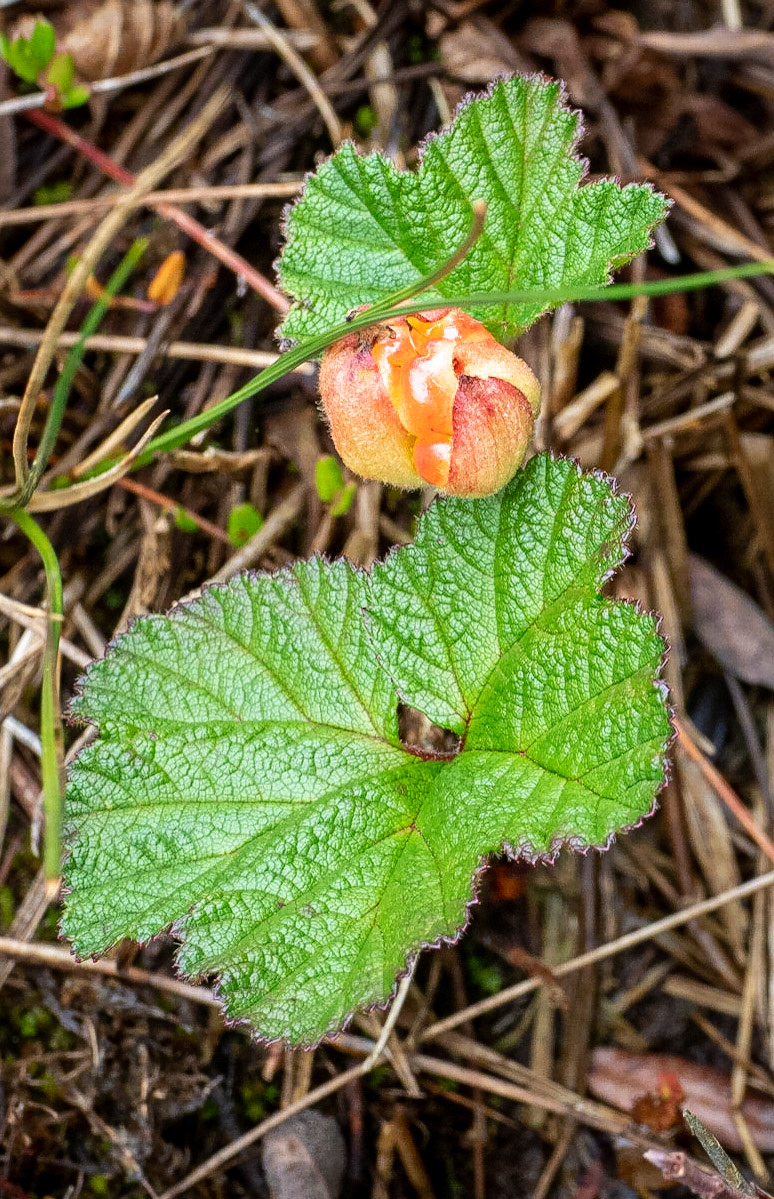
Lichens and moss.
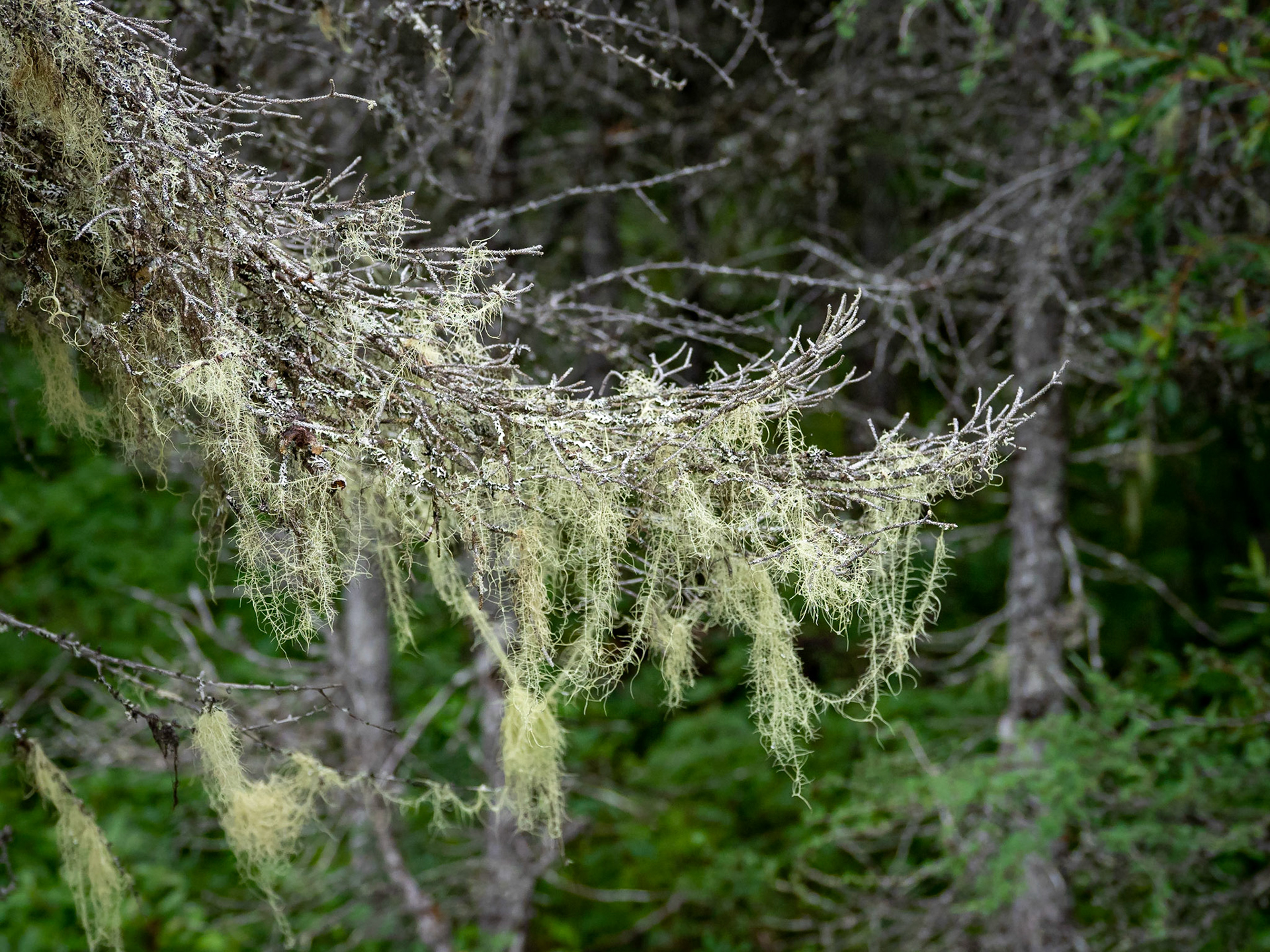
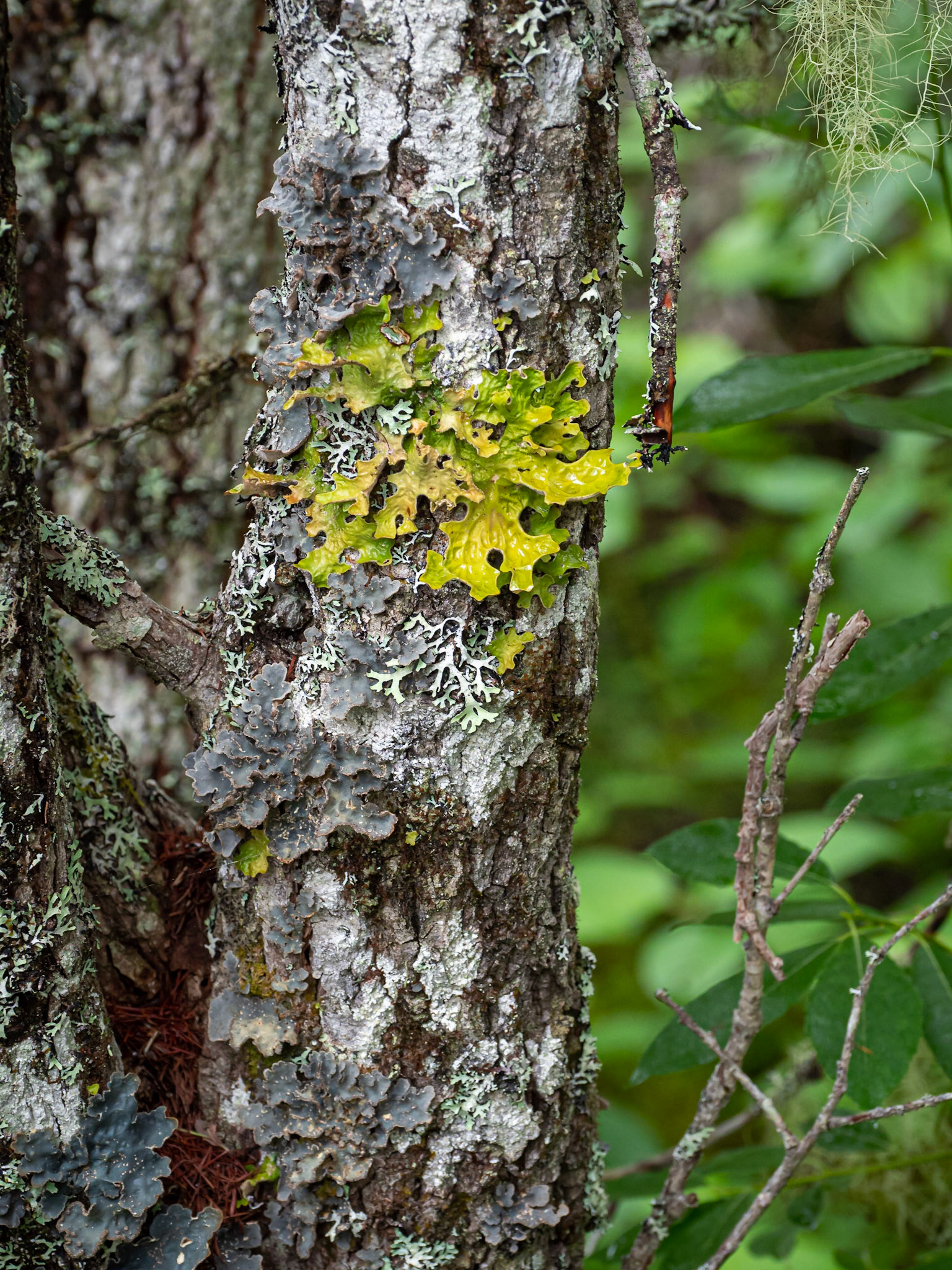
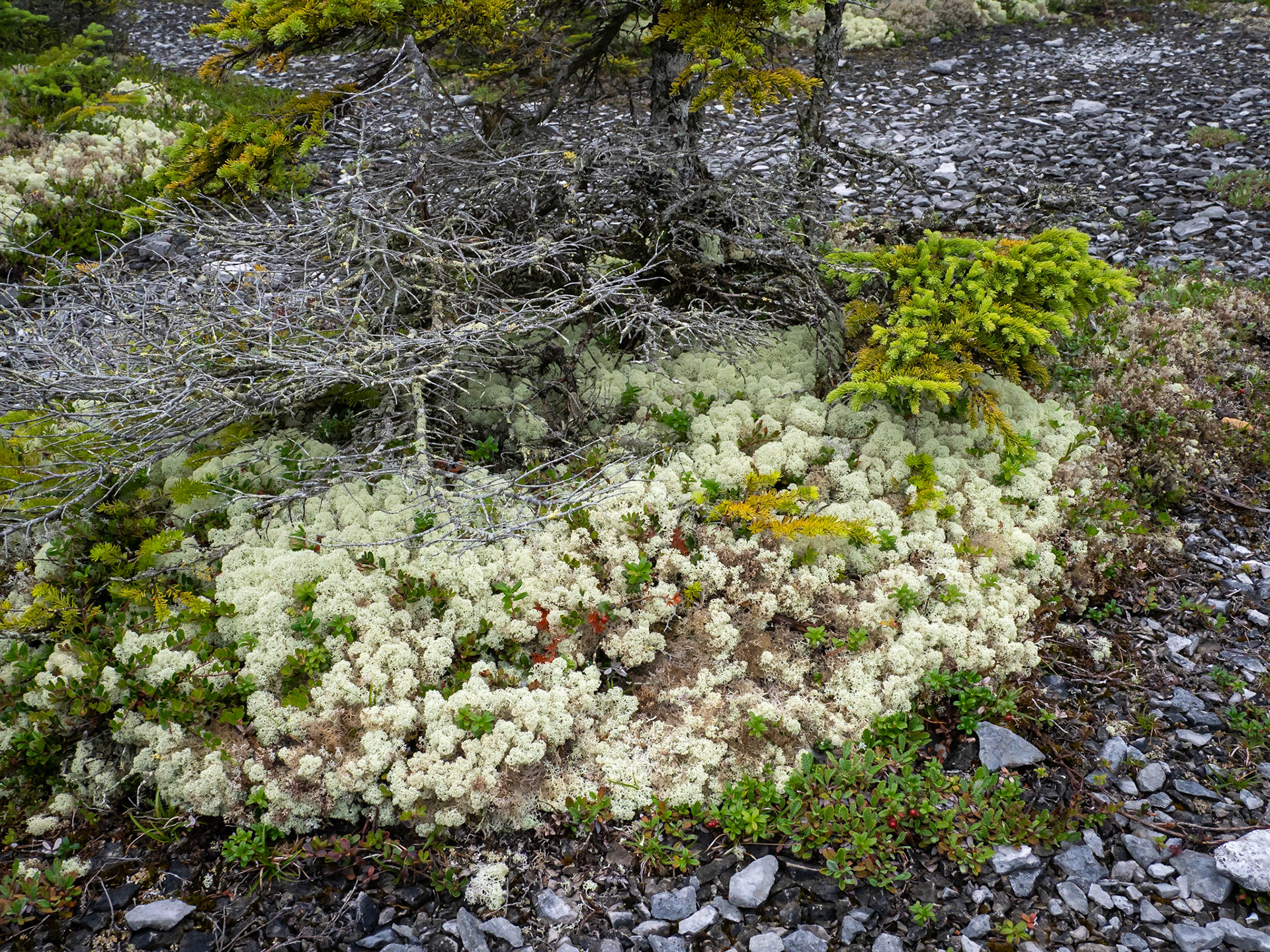
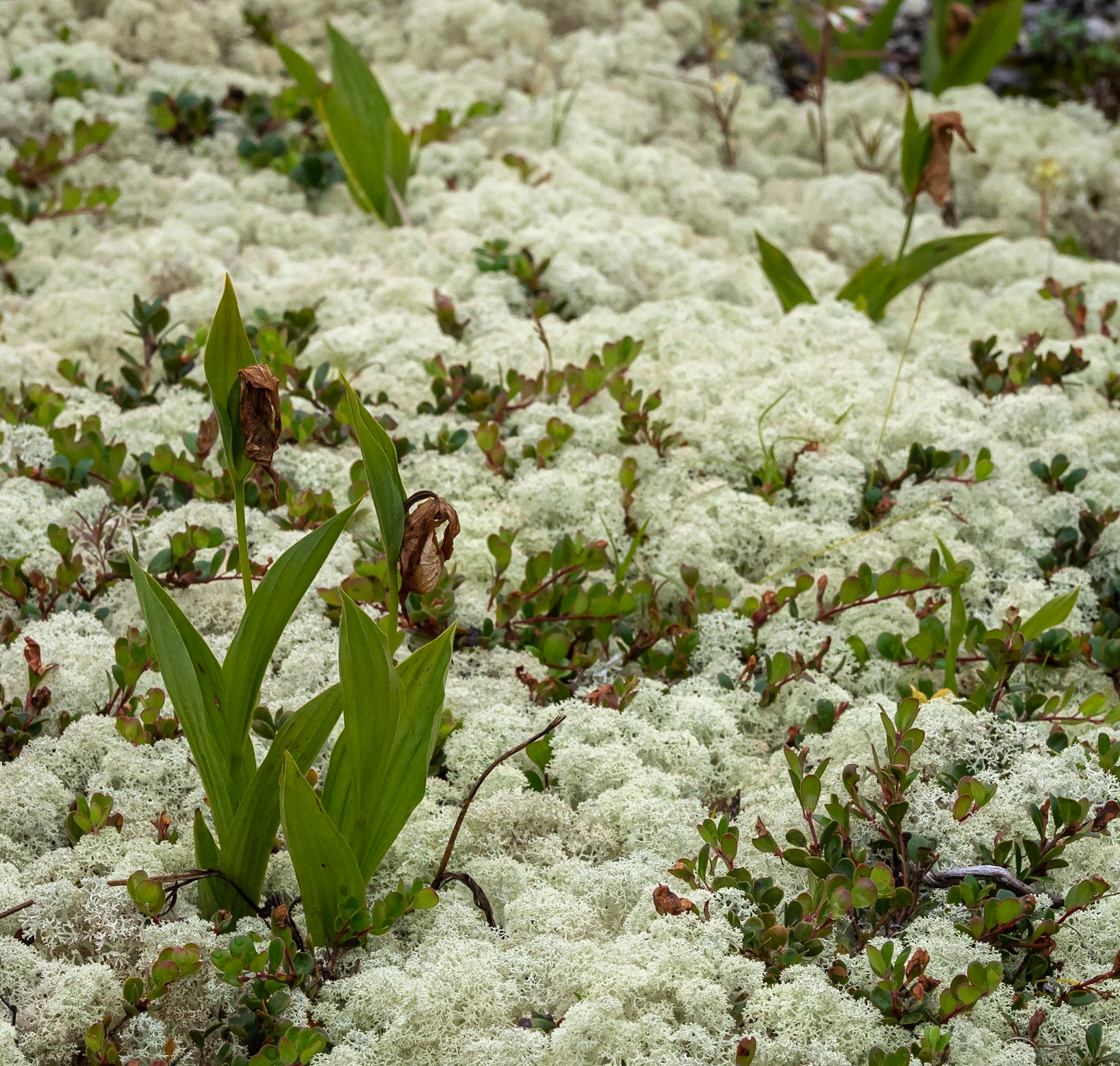
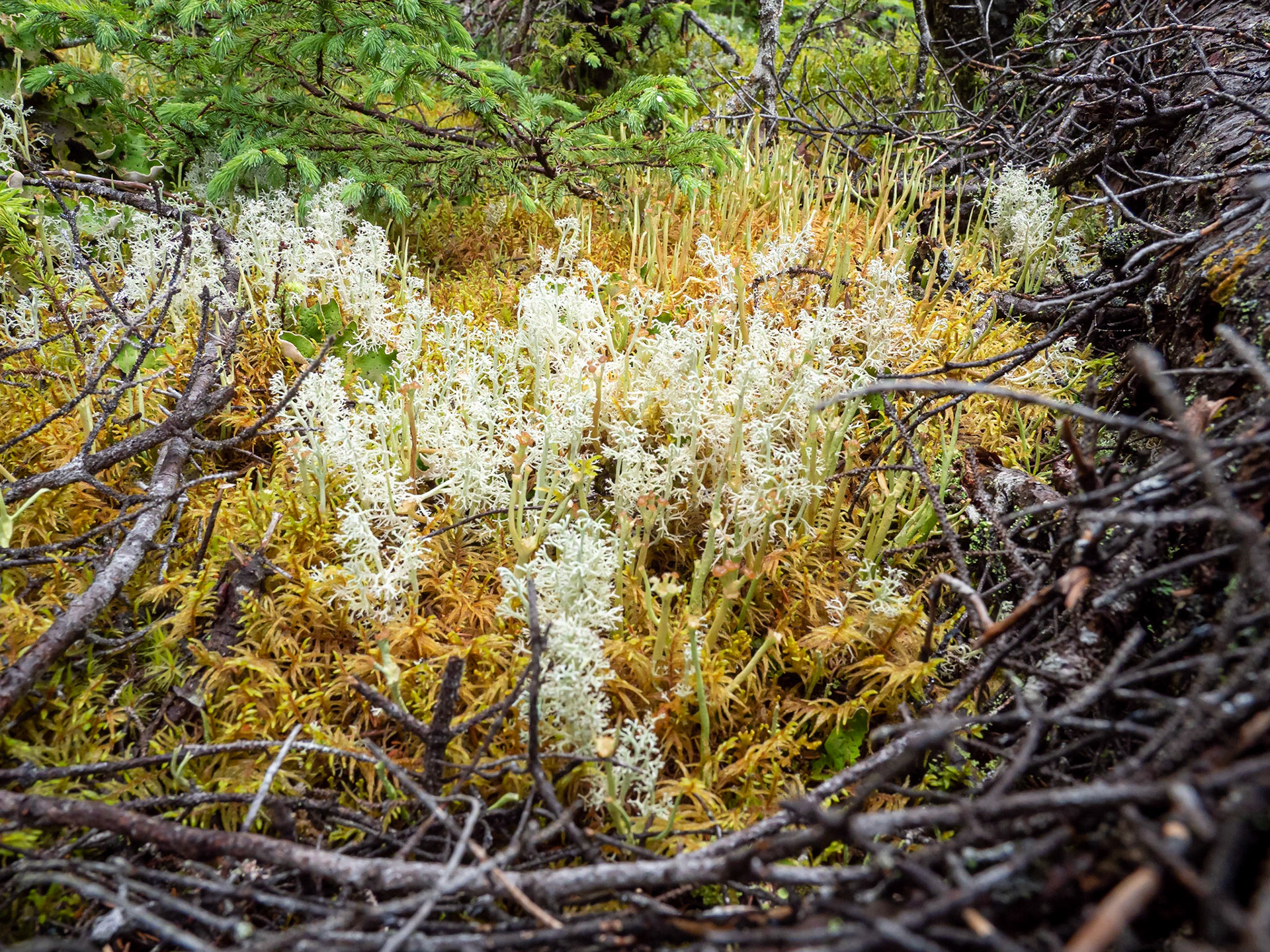
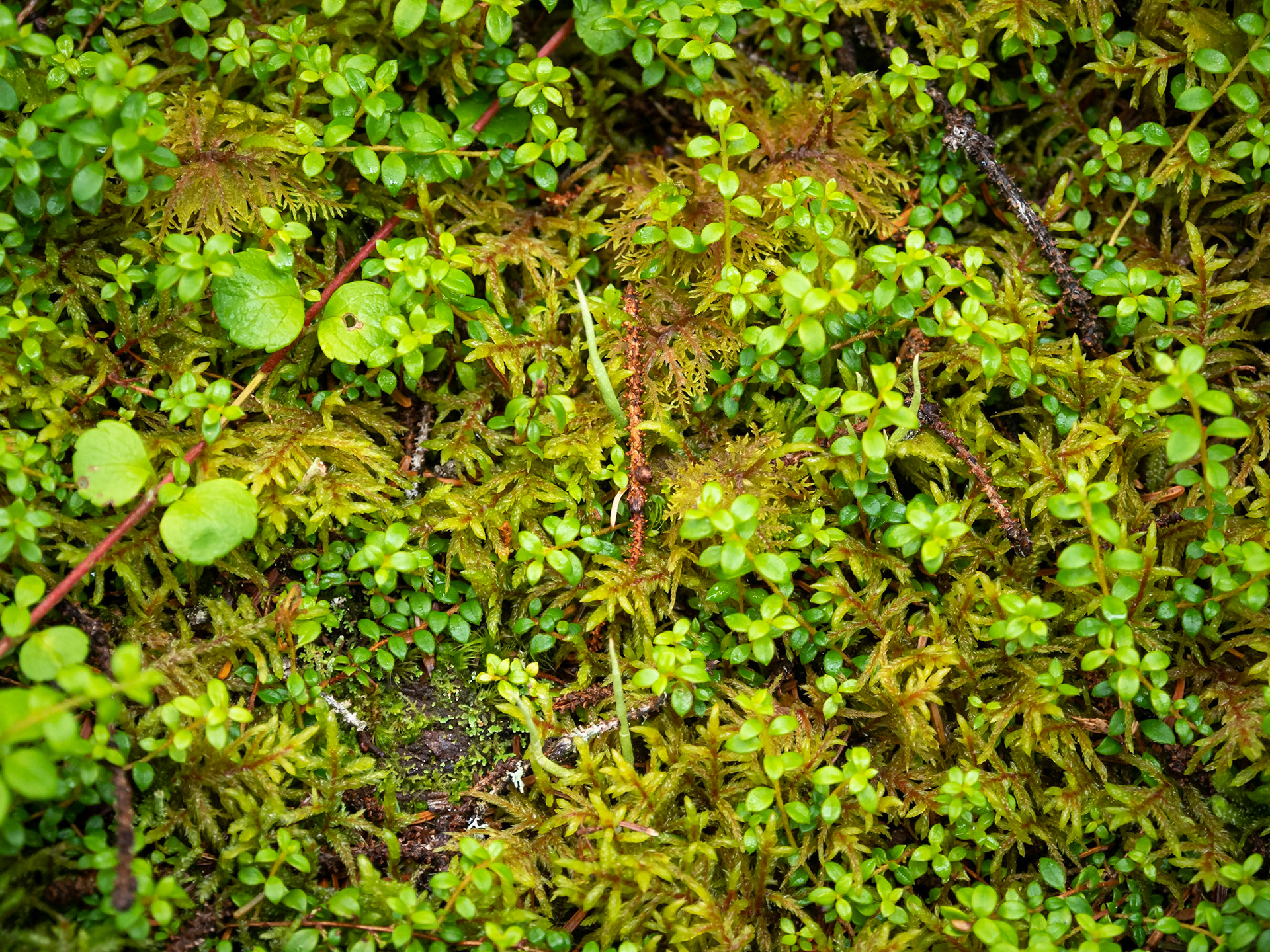
Small (1") shrimp were scuttling about in some tidal pools.
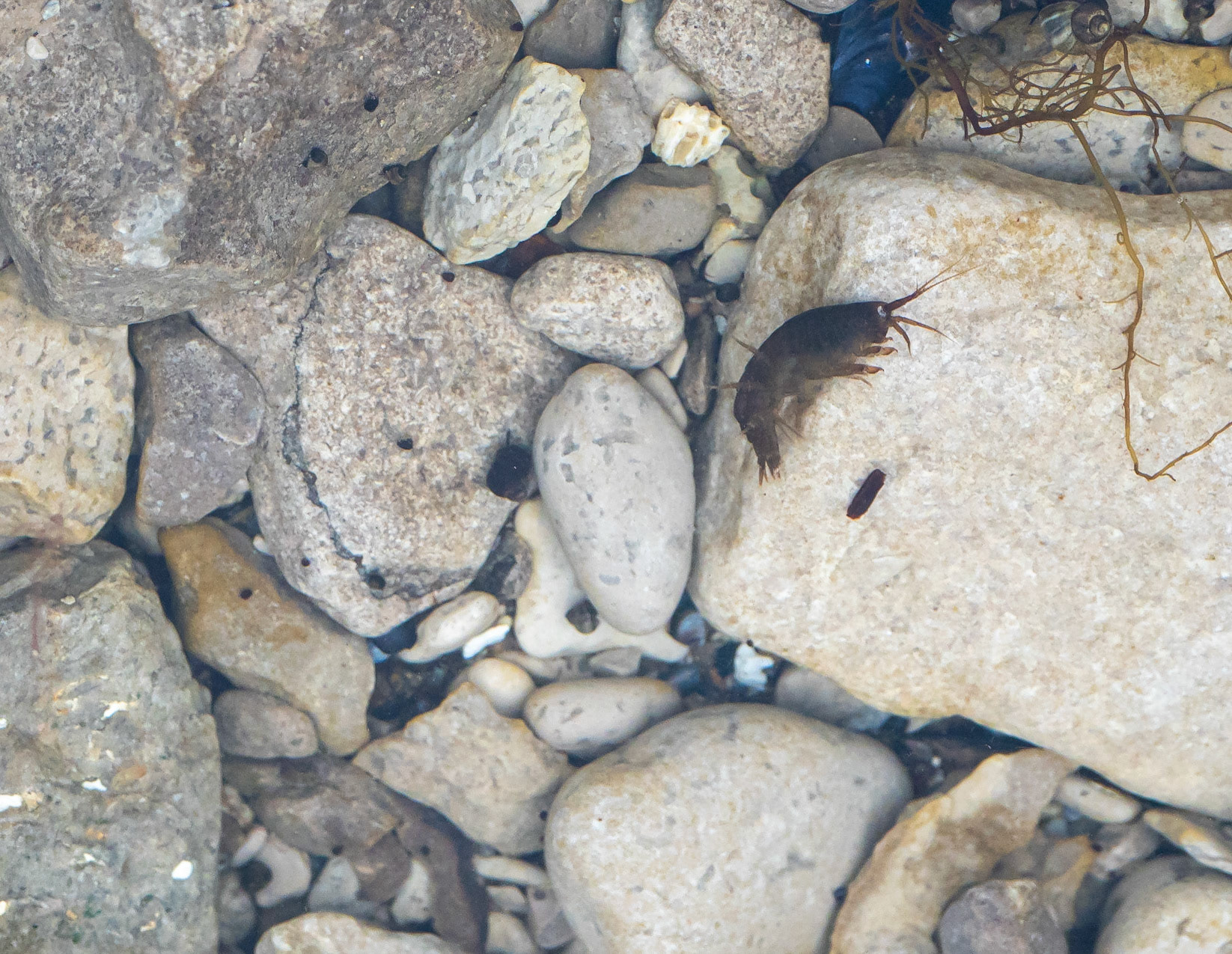
But again, the rock formations were wonderful, especially in the fog.
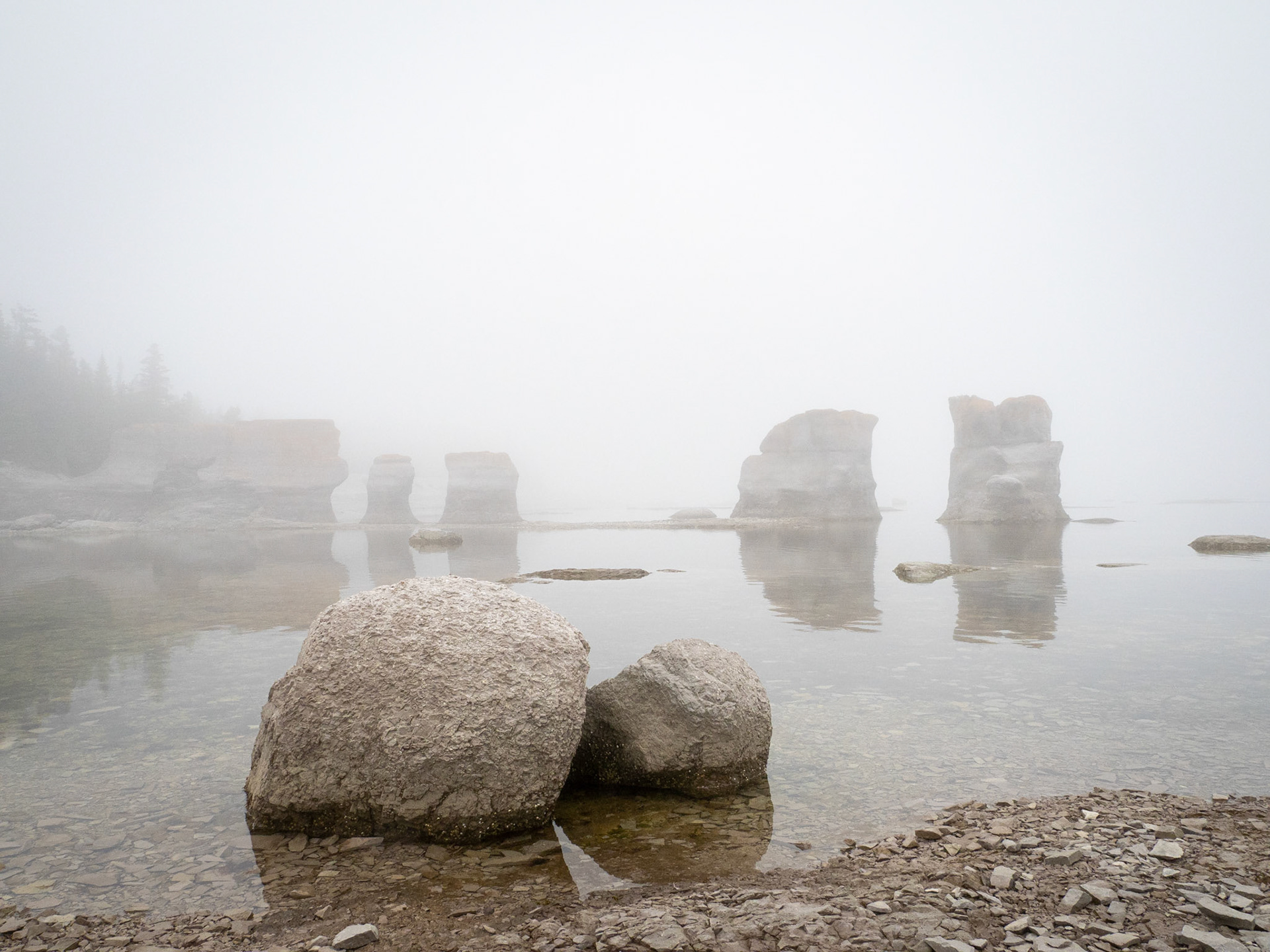
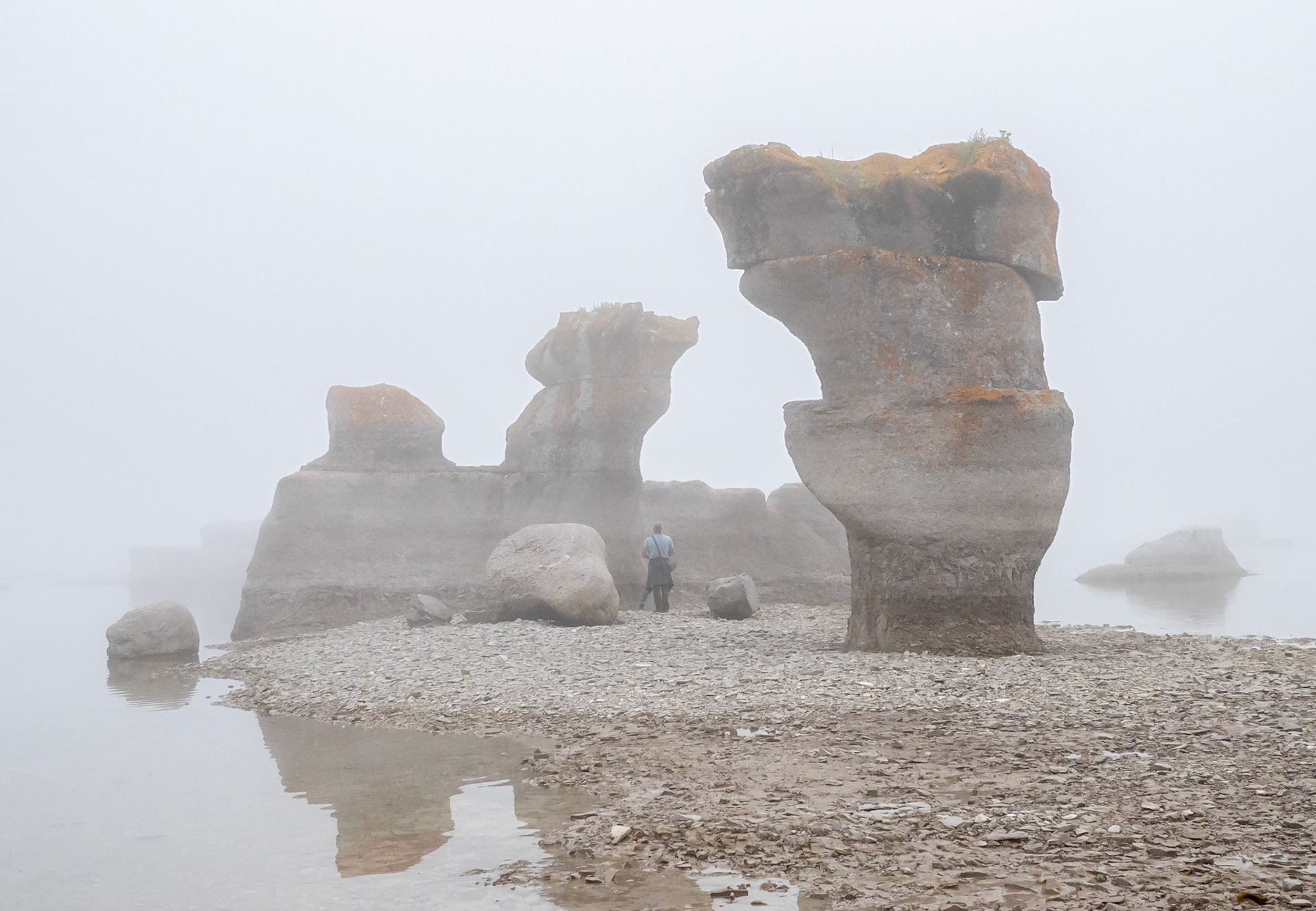
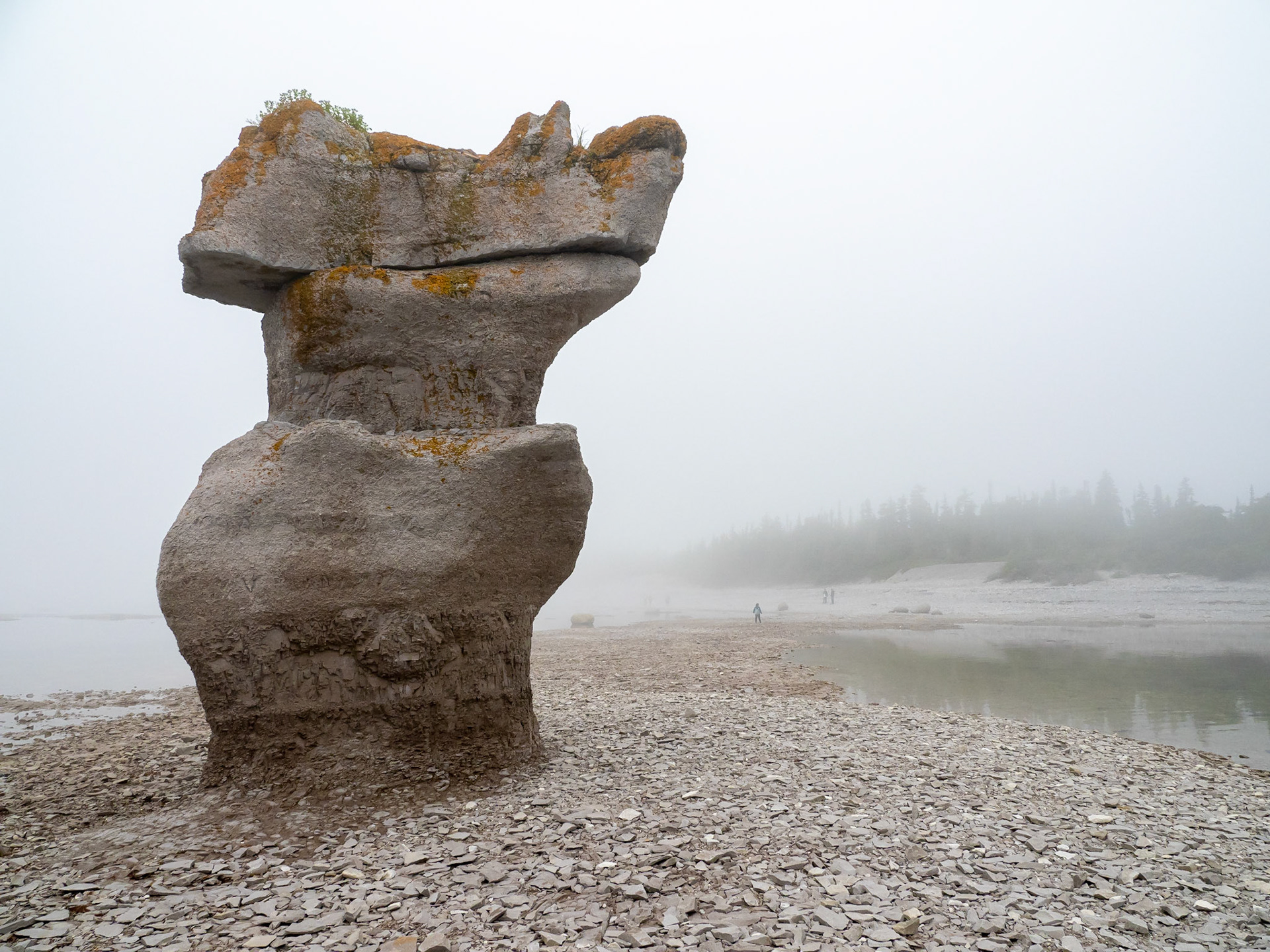
But at least one of the islands is more than just about rock formations....
Click the button below for the scenes on Ile aux Perroquet